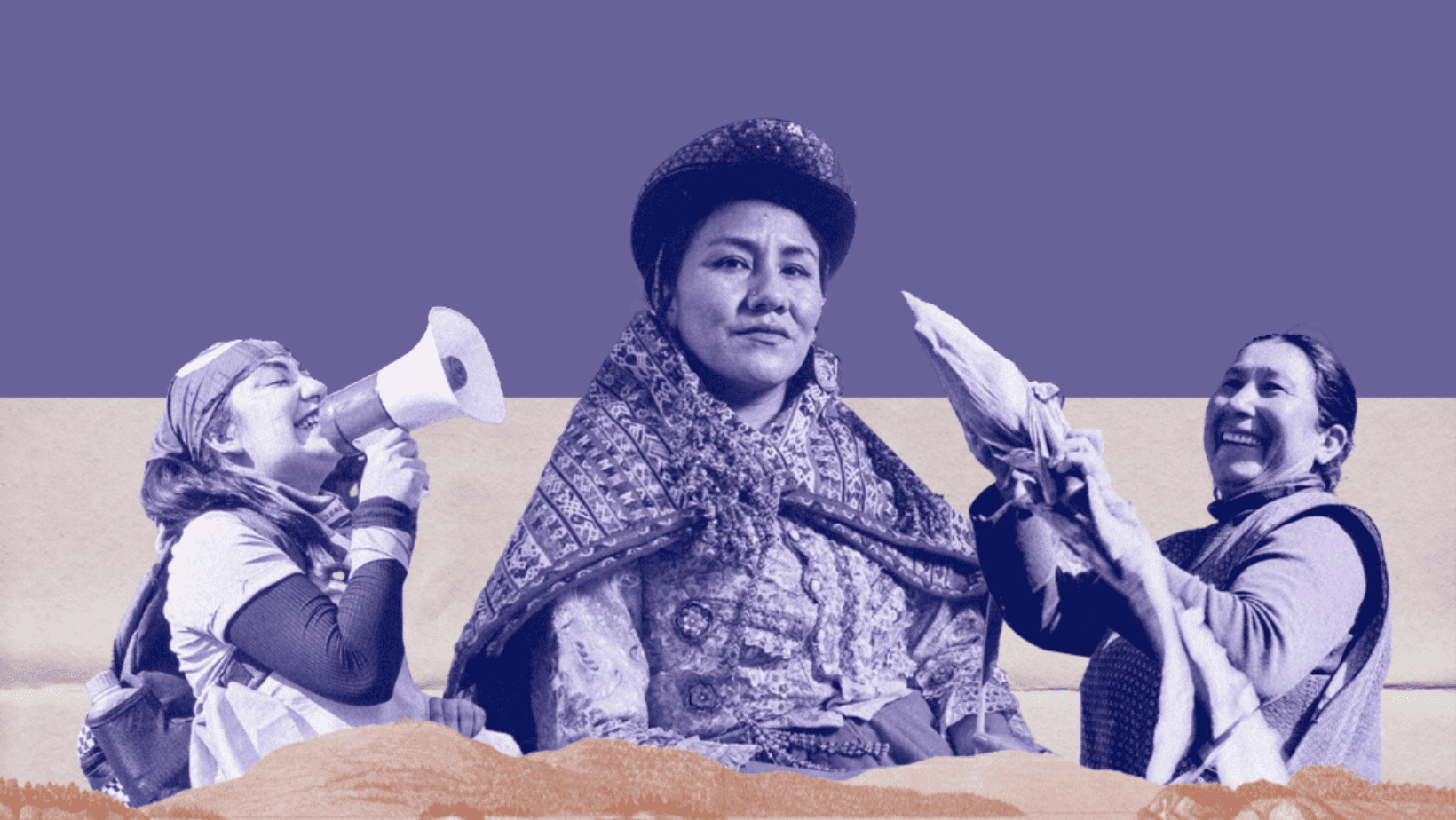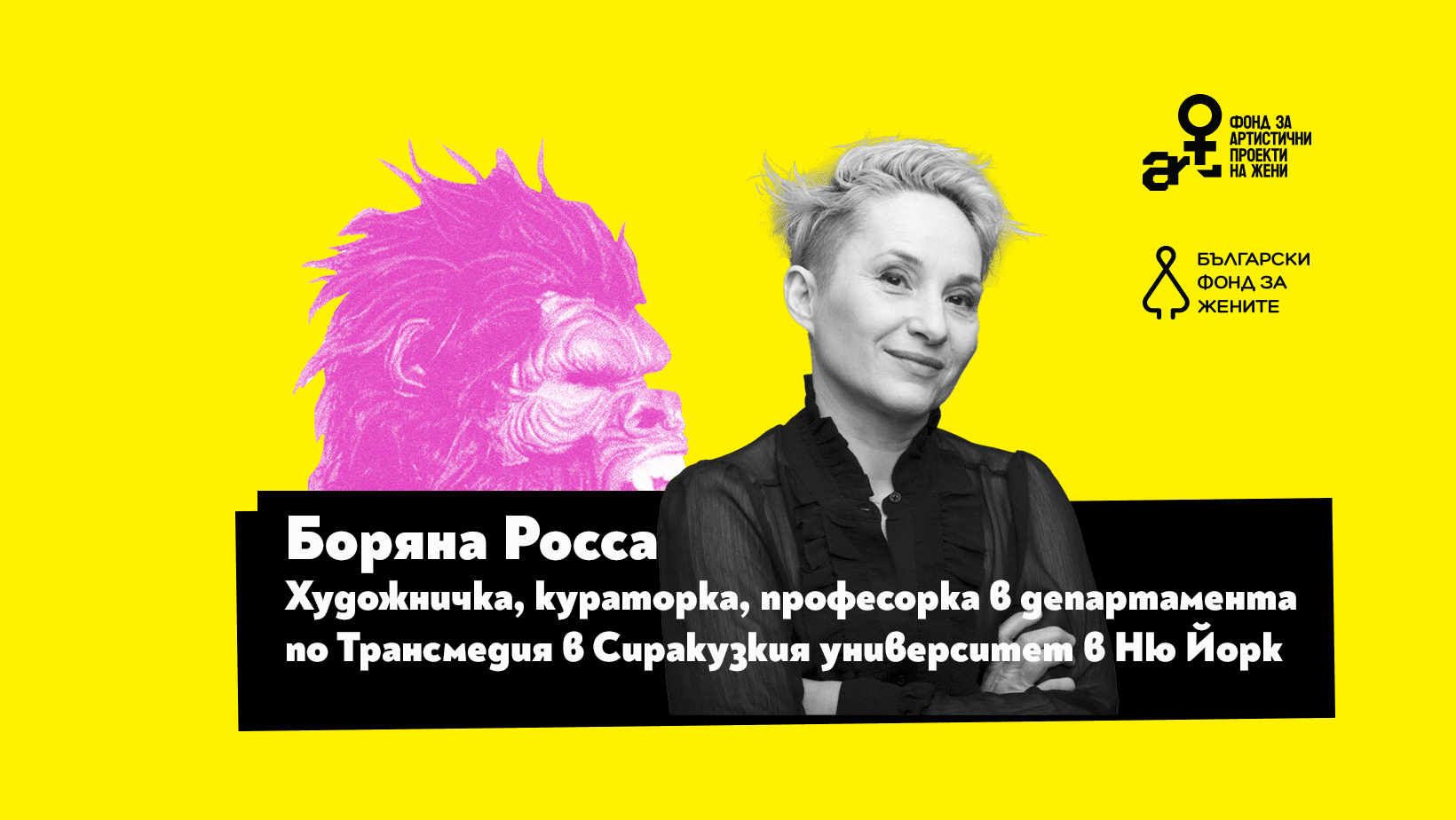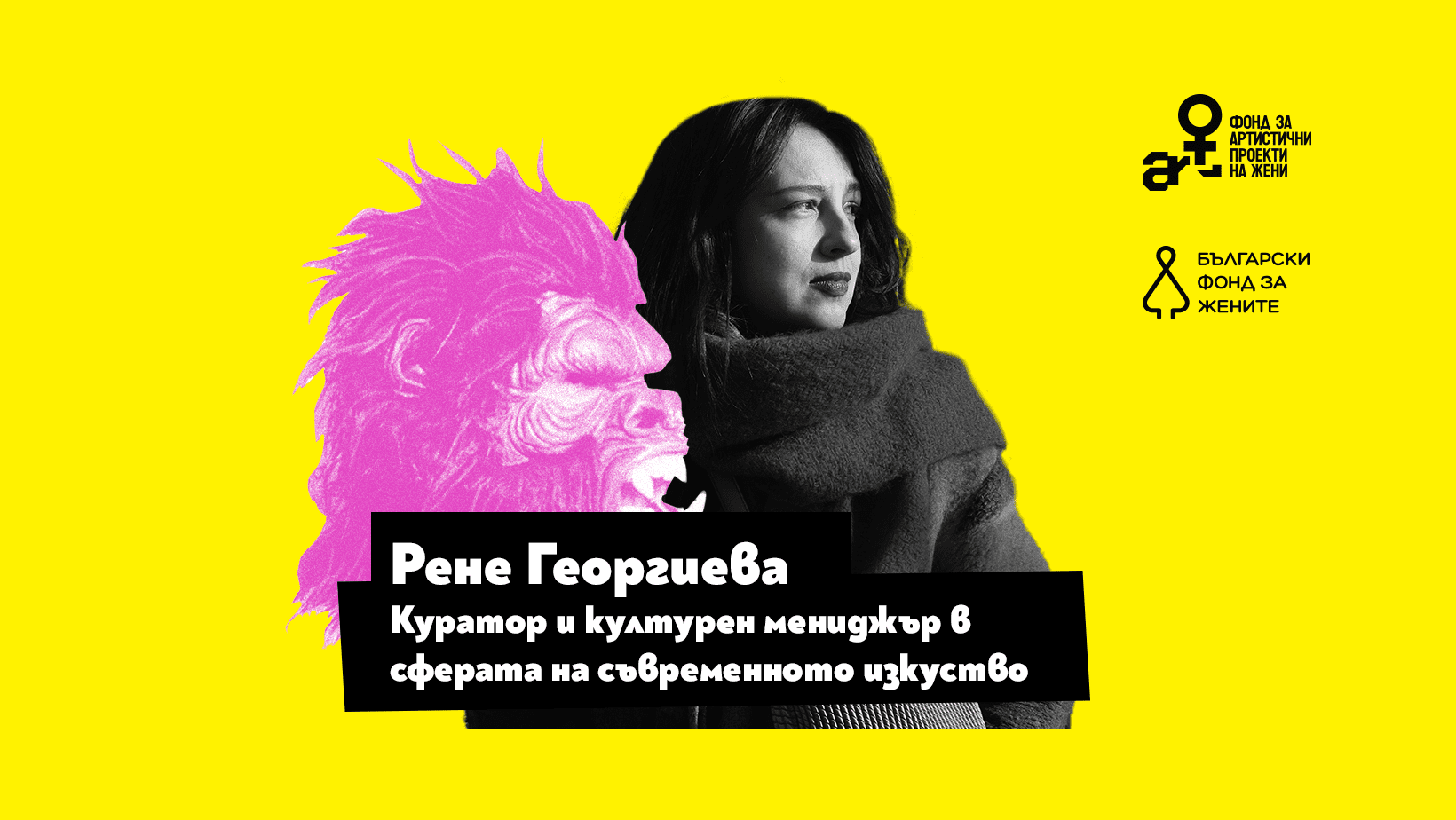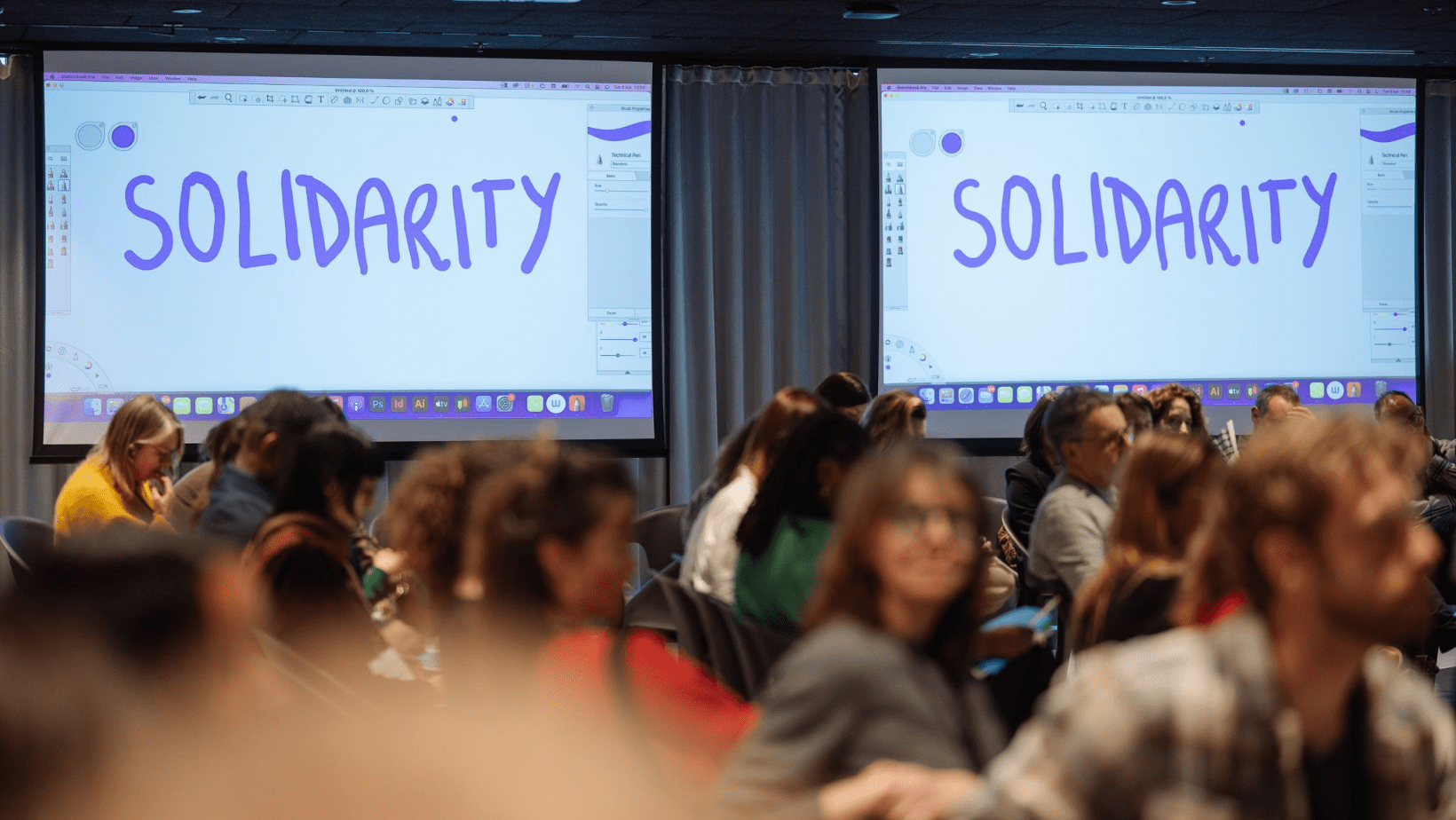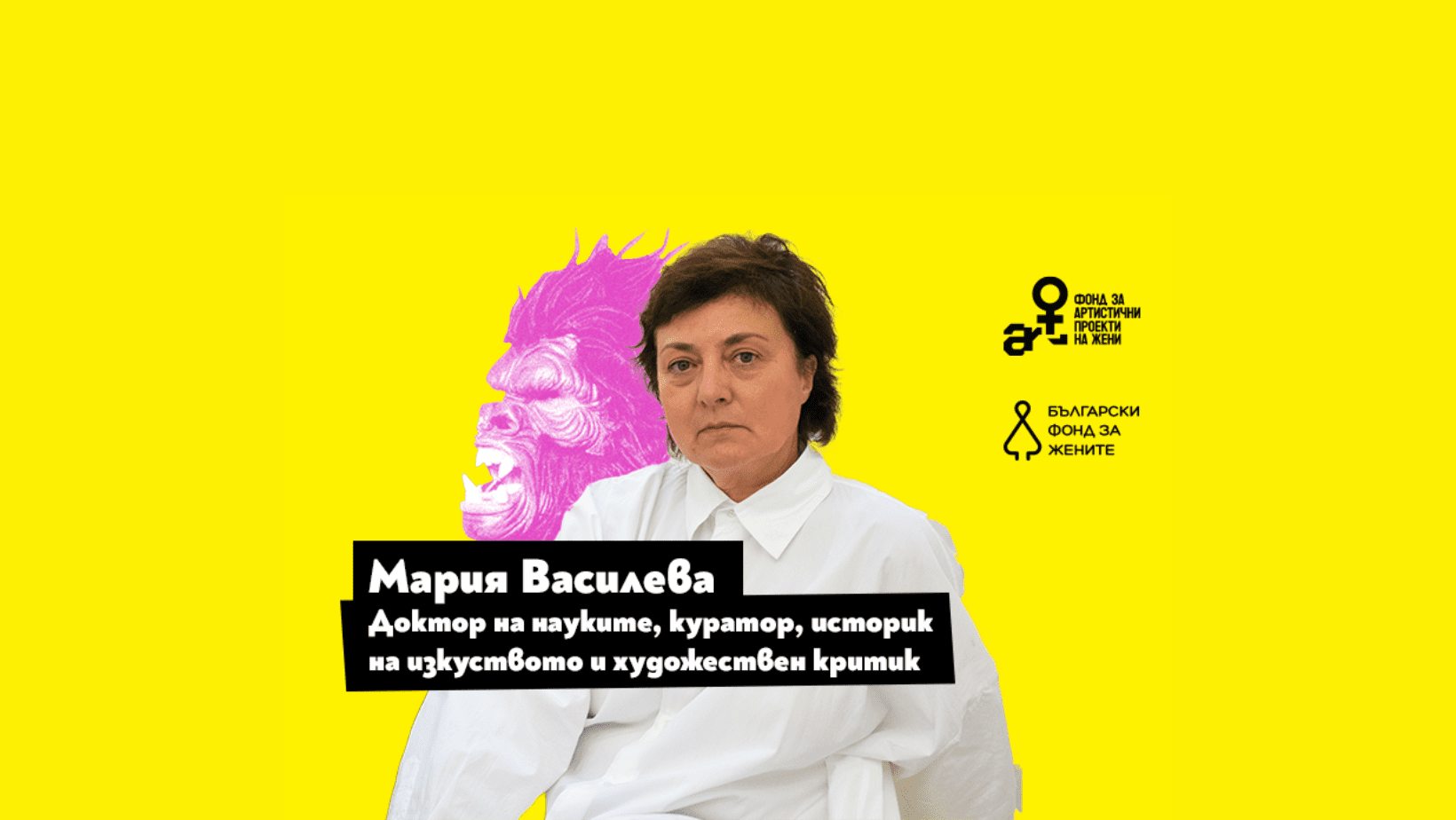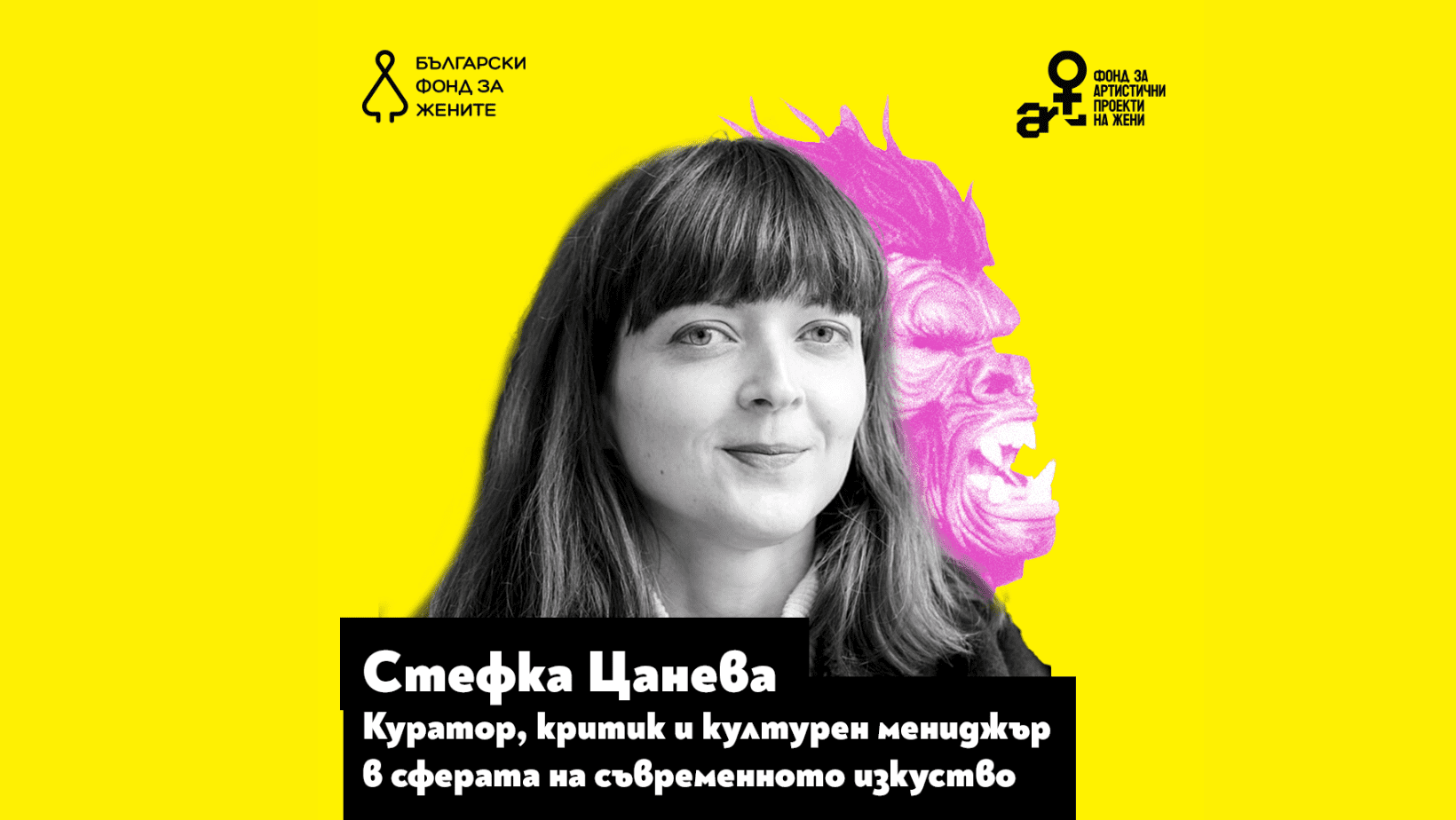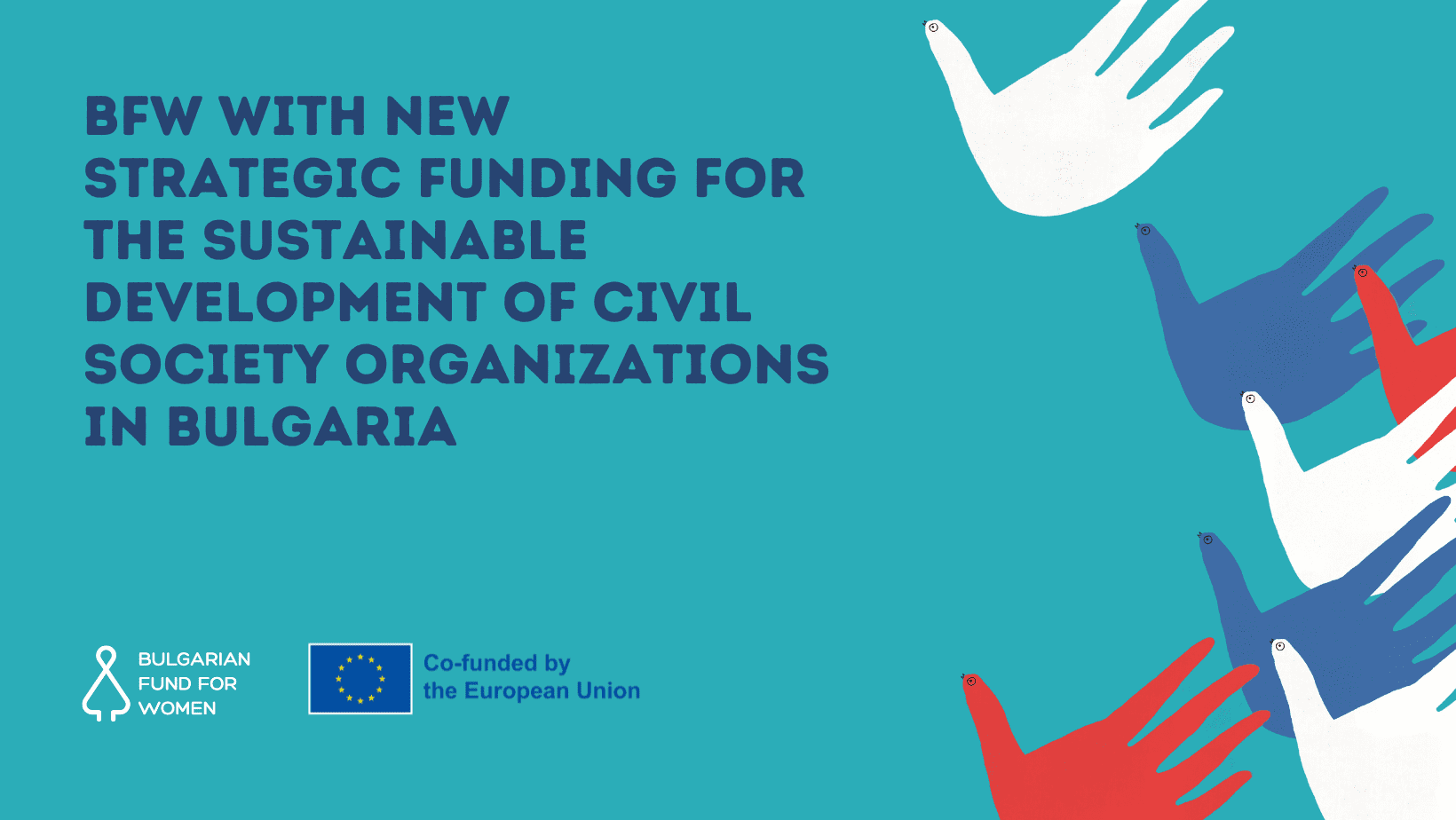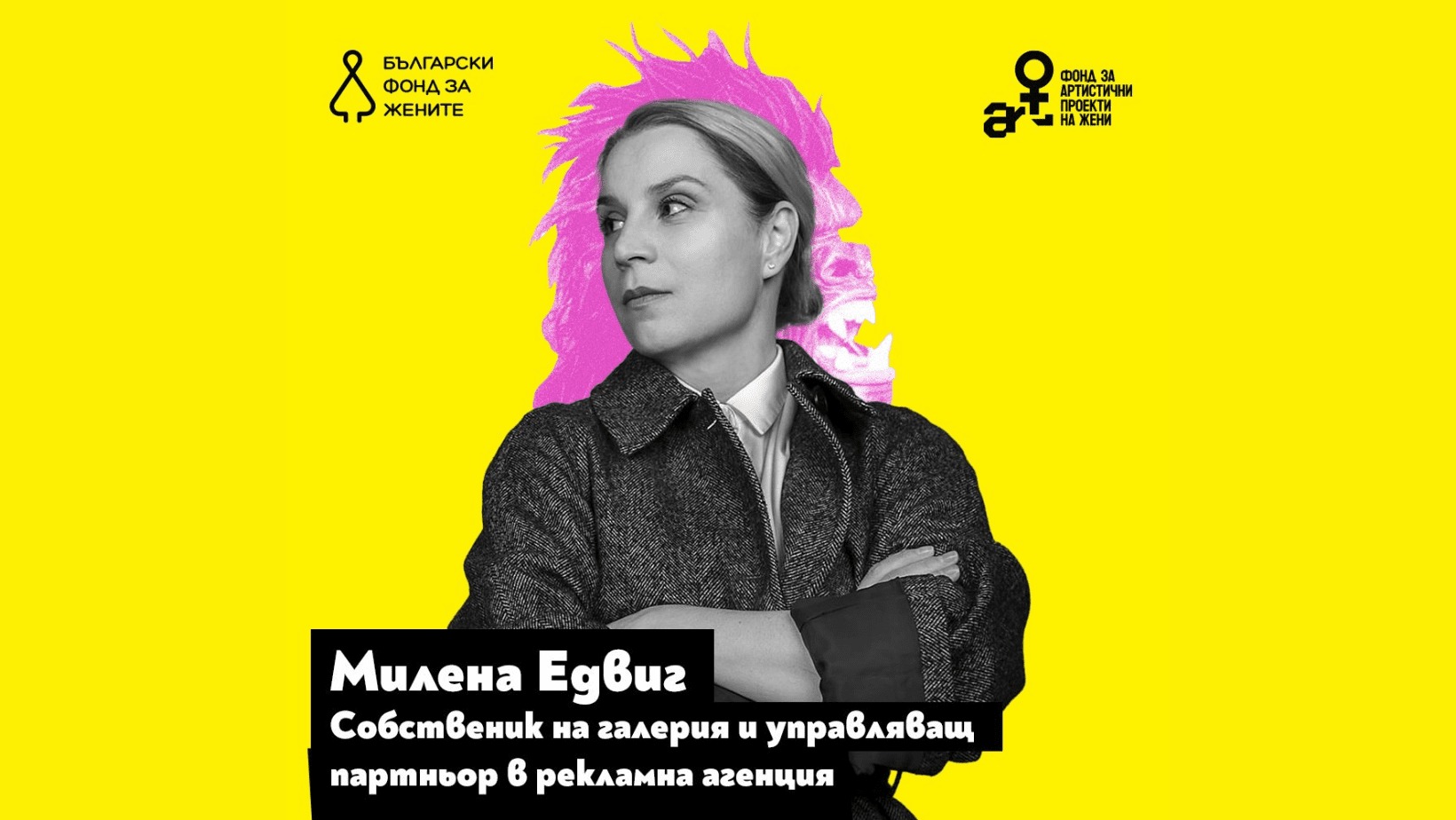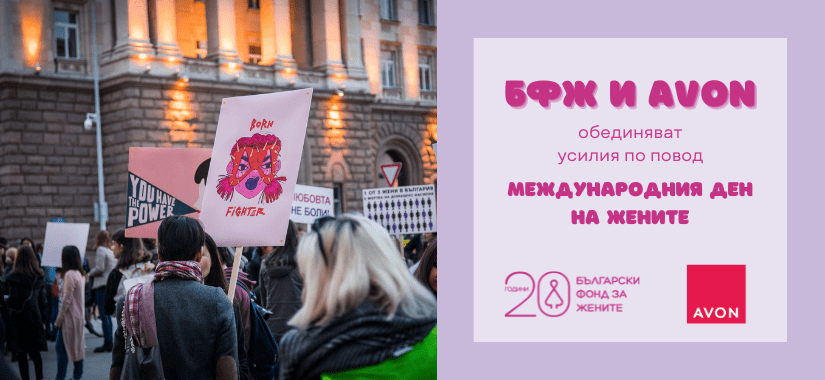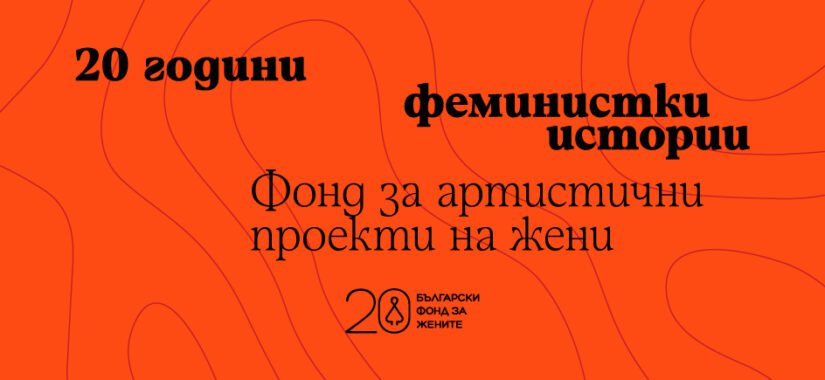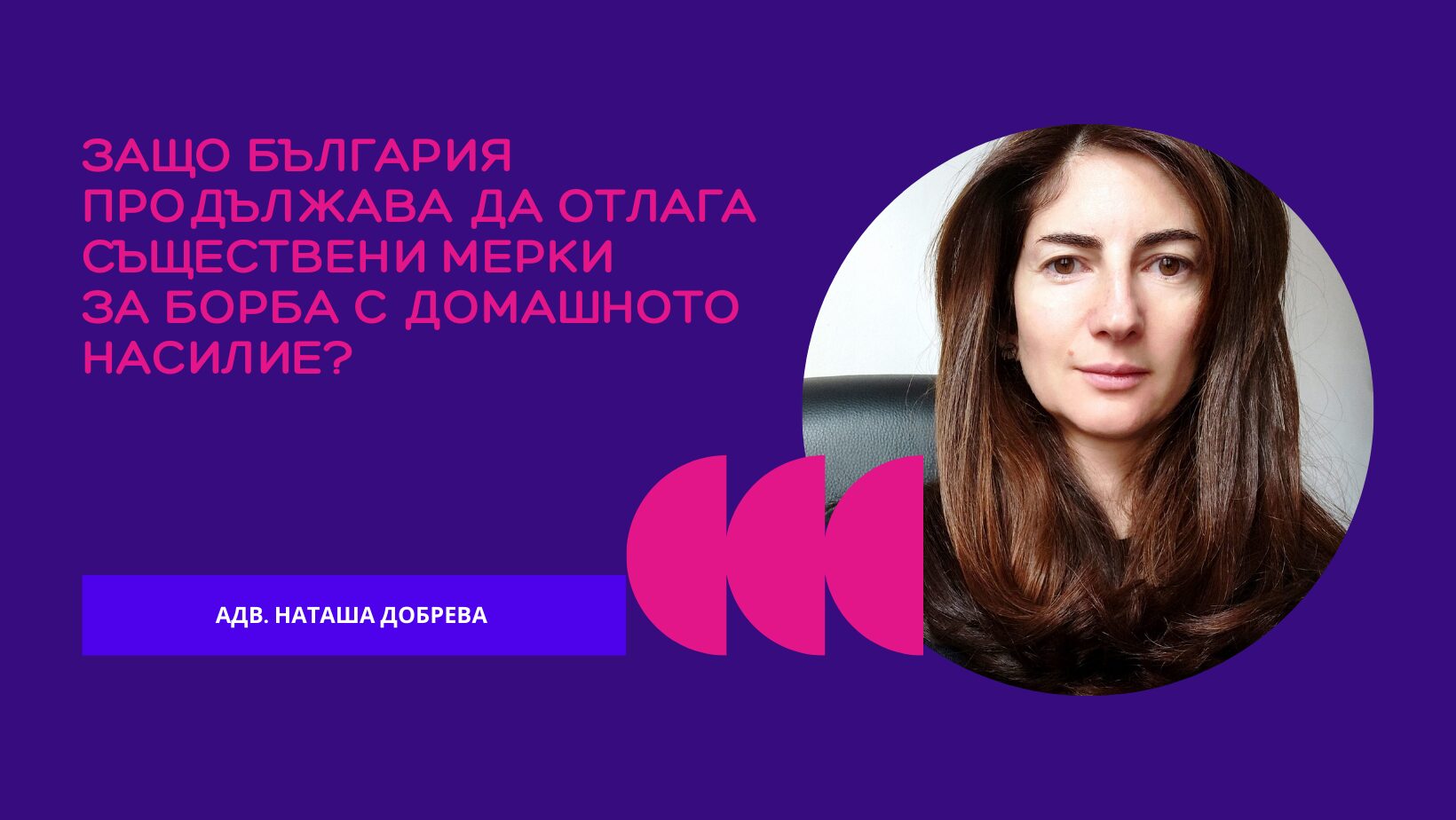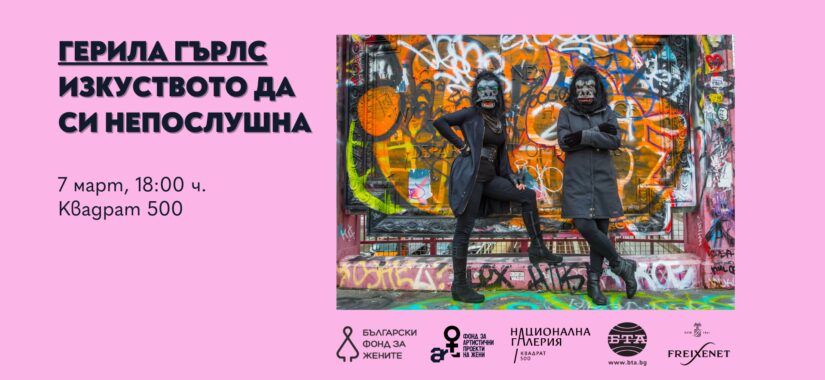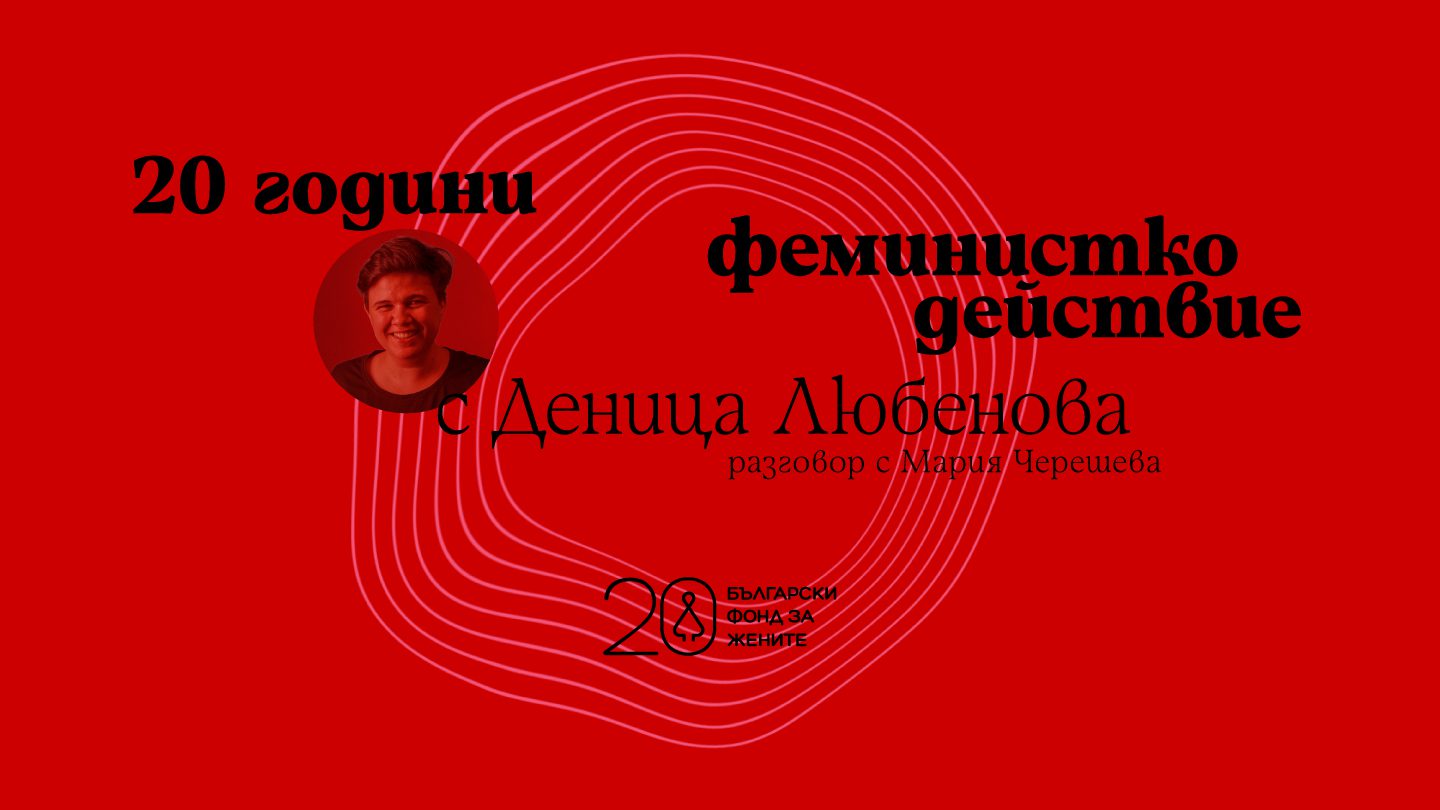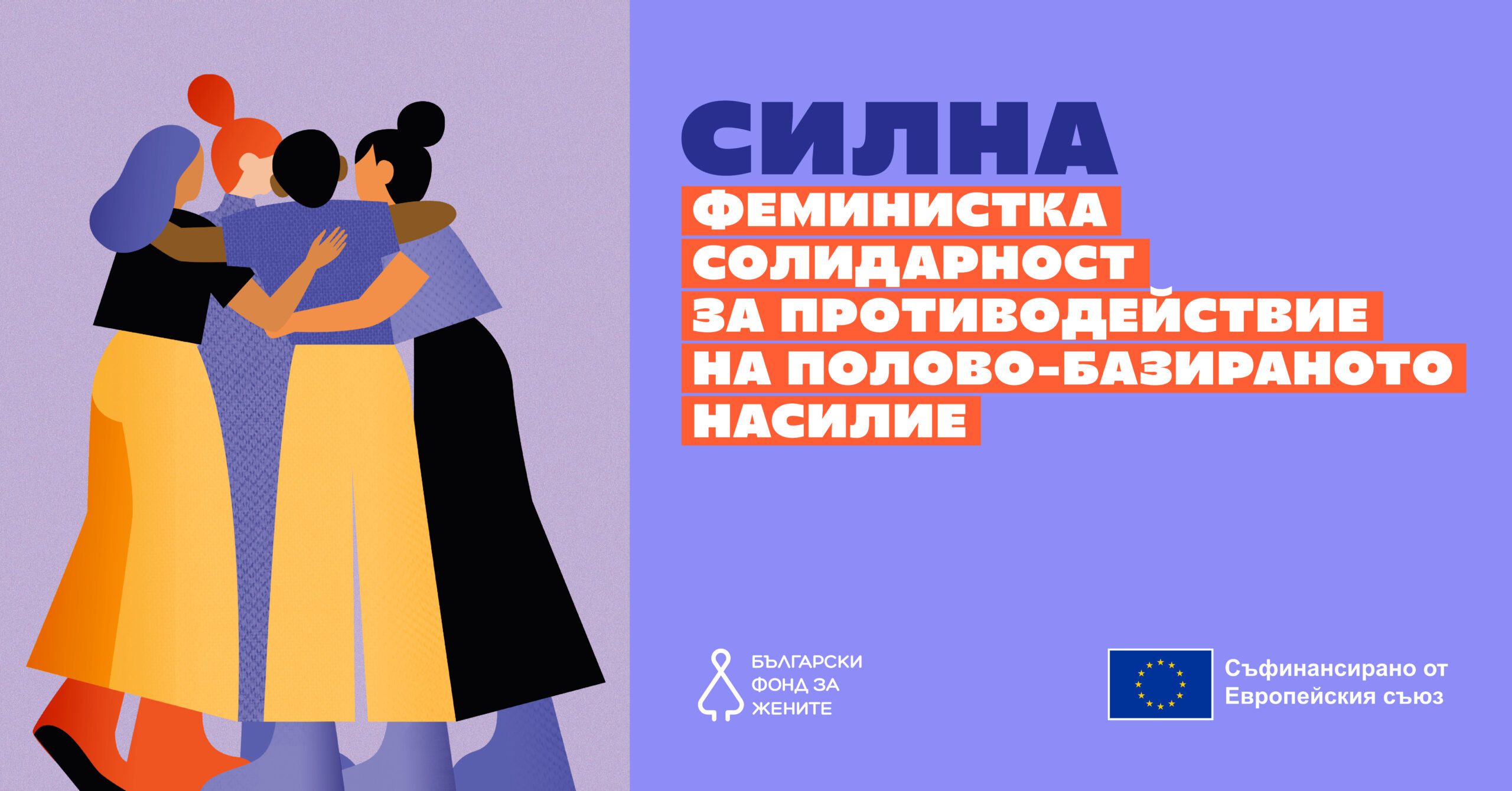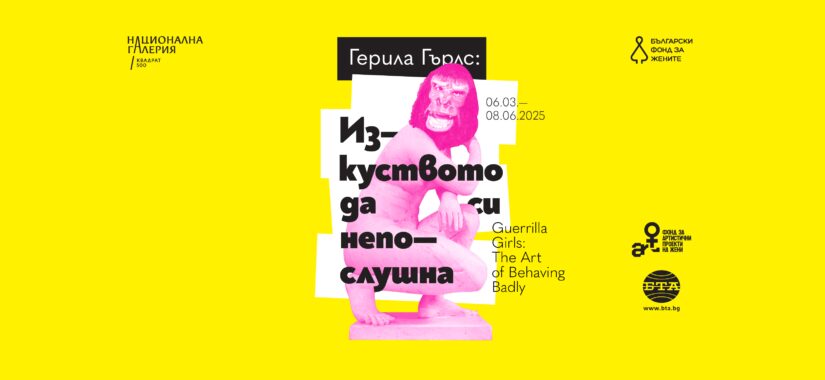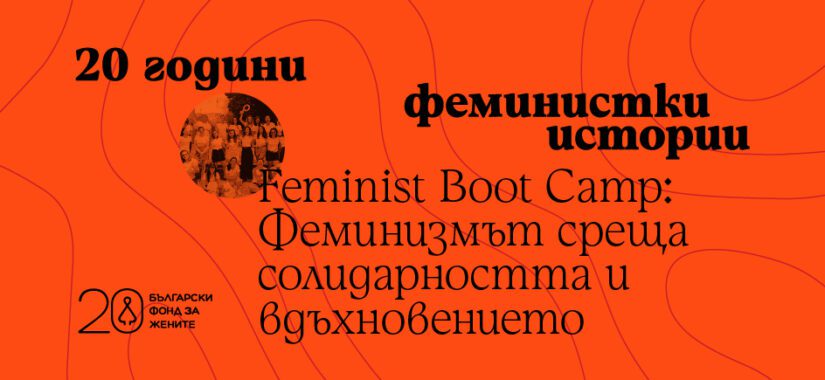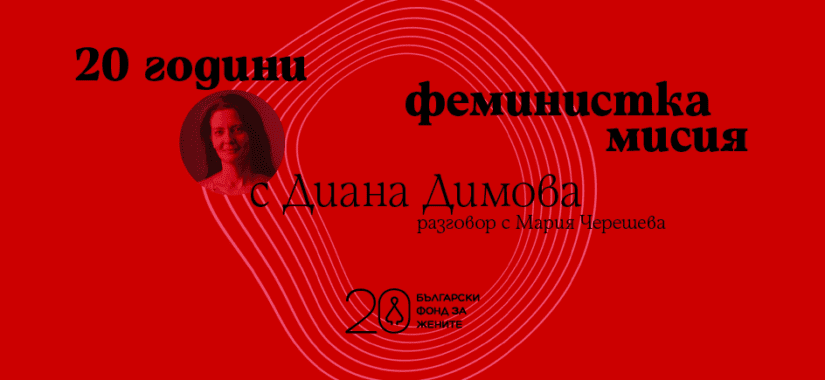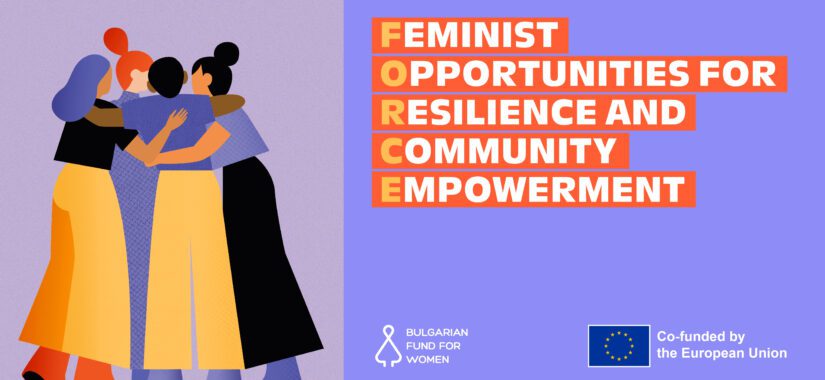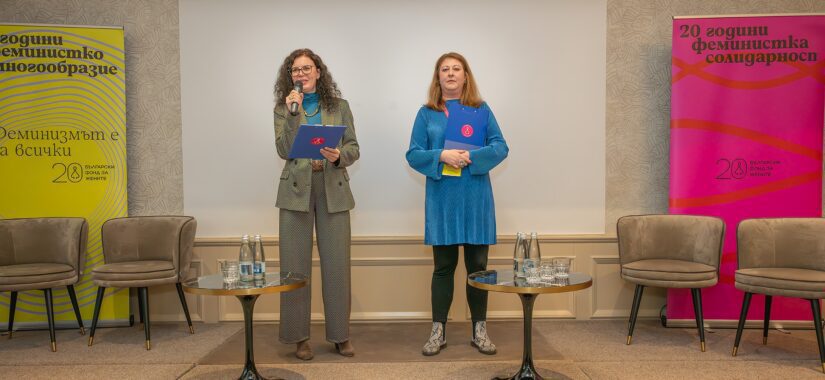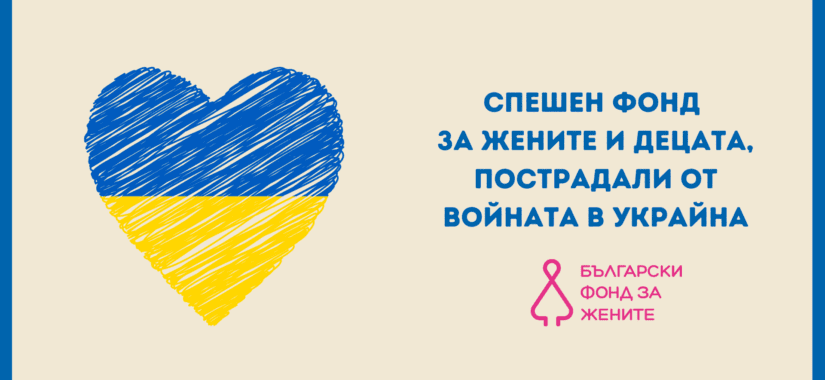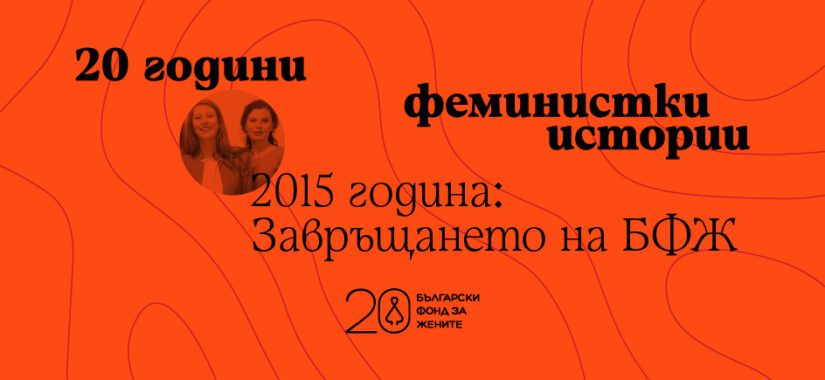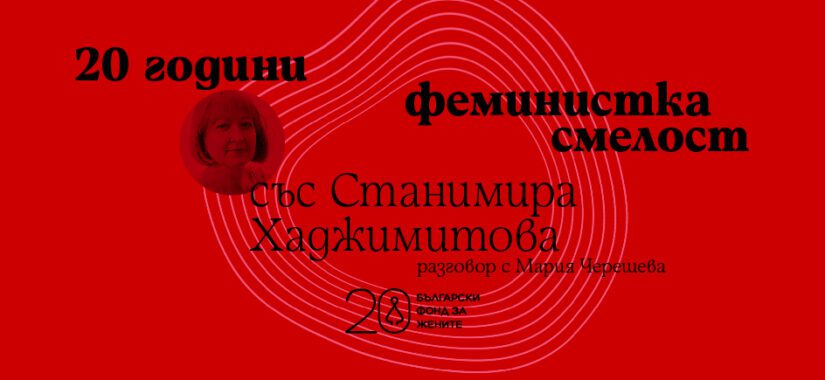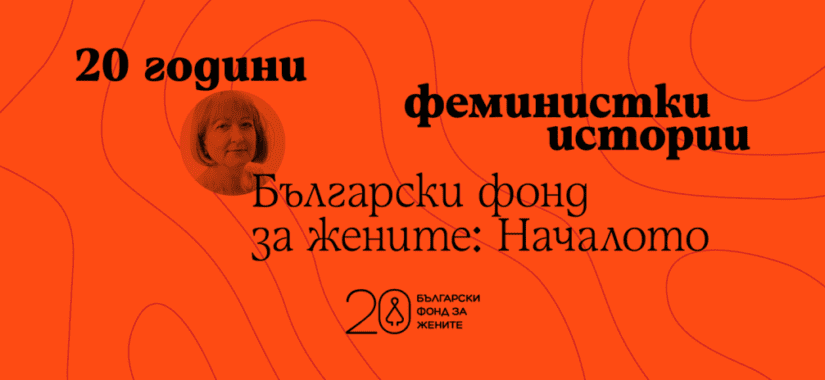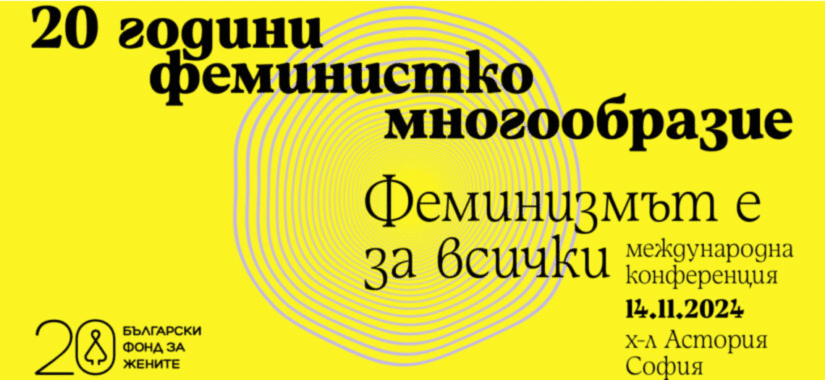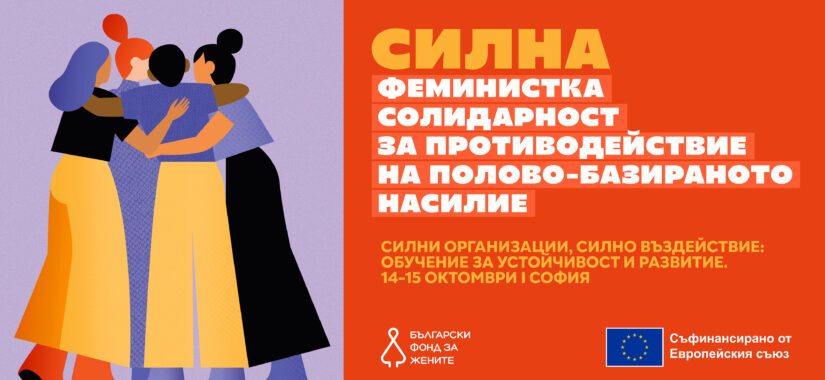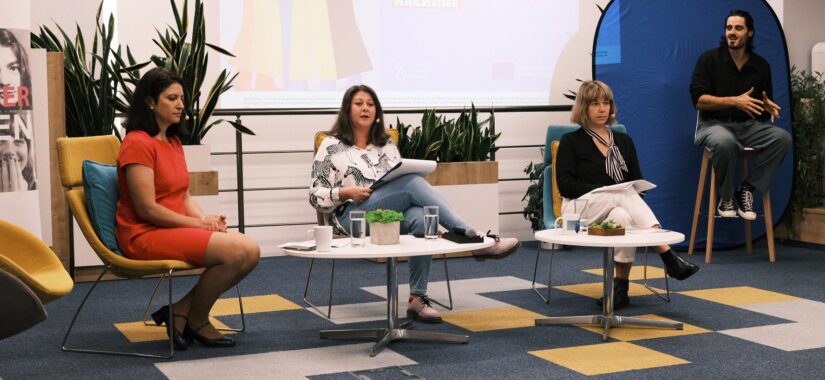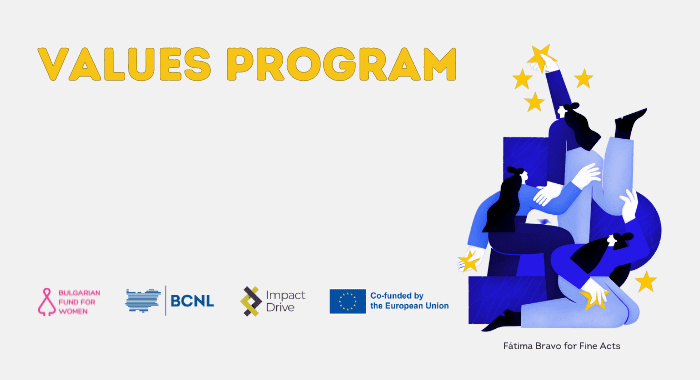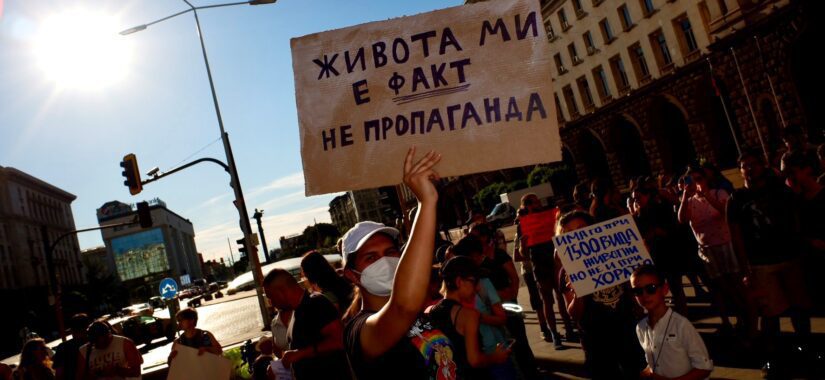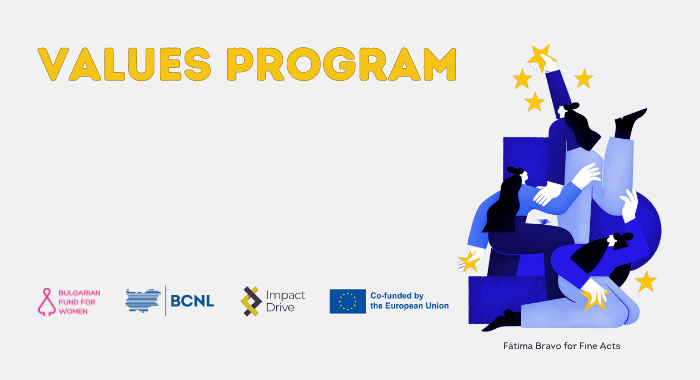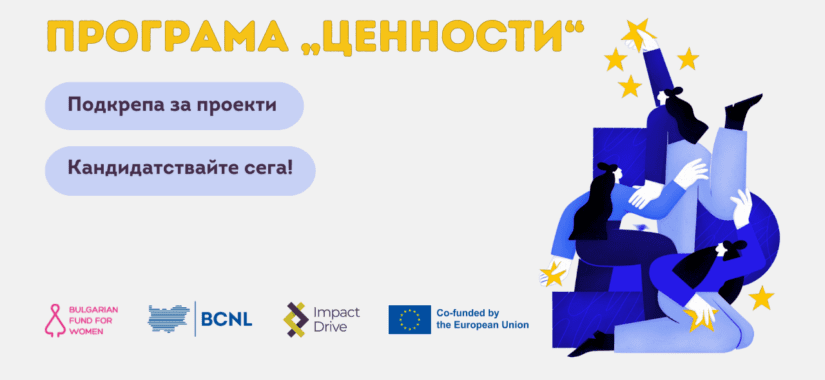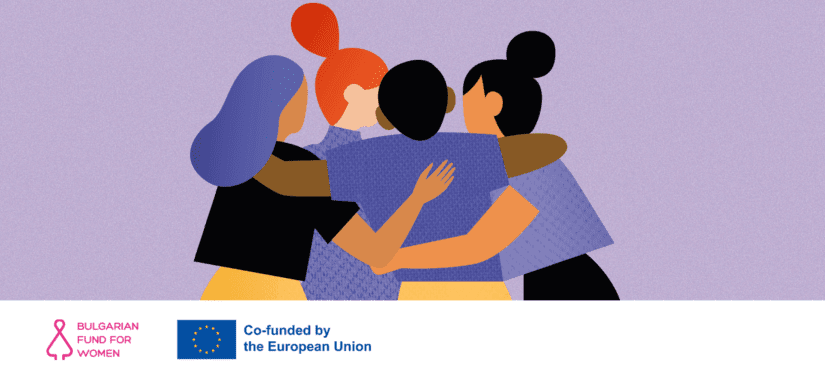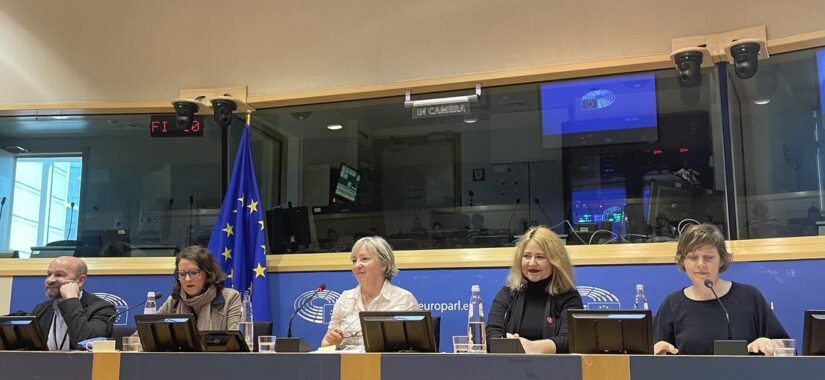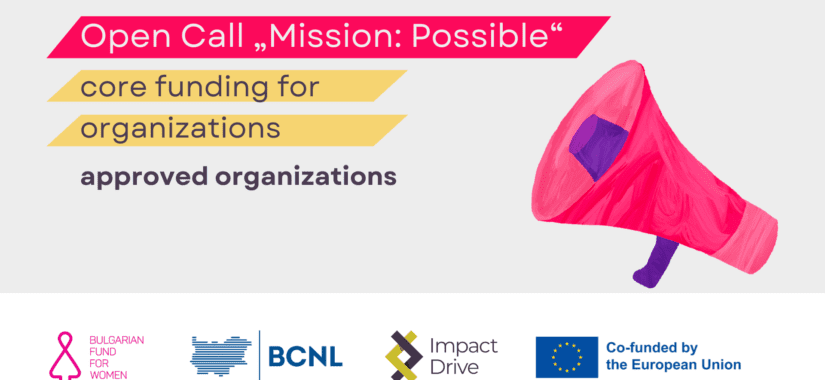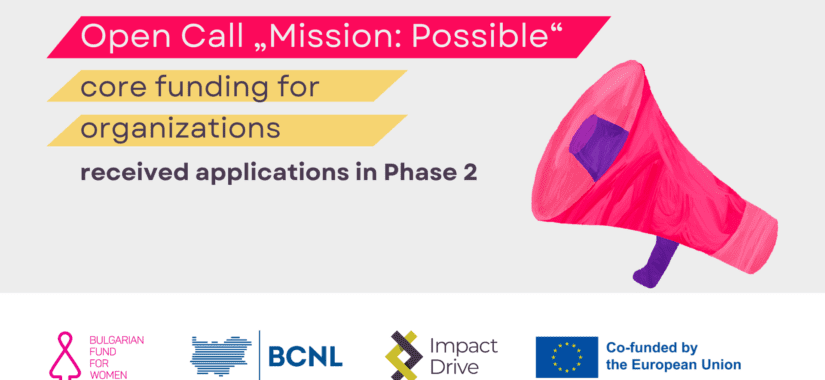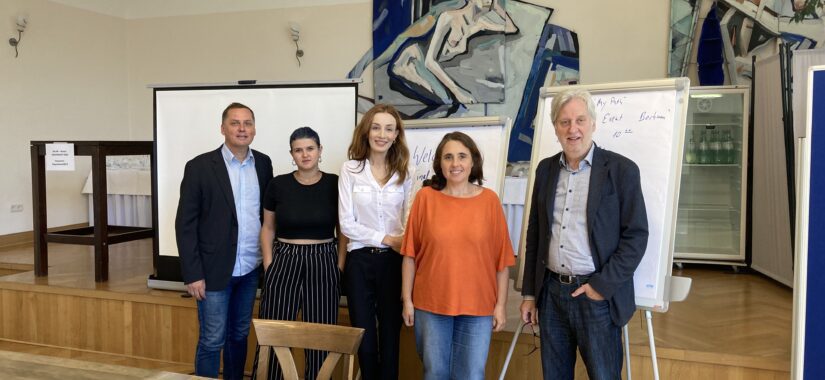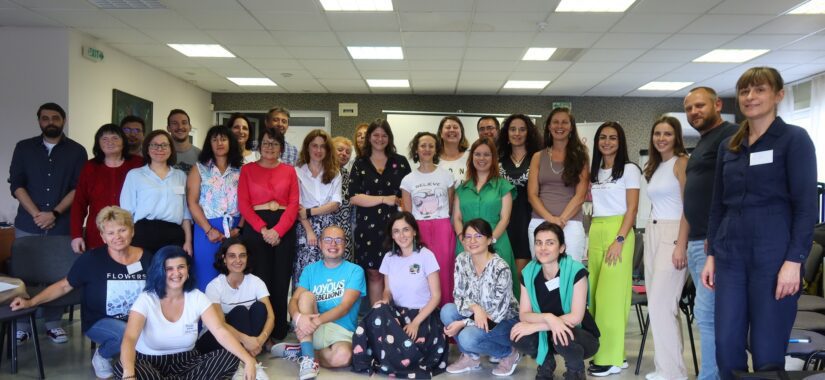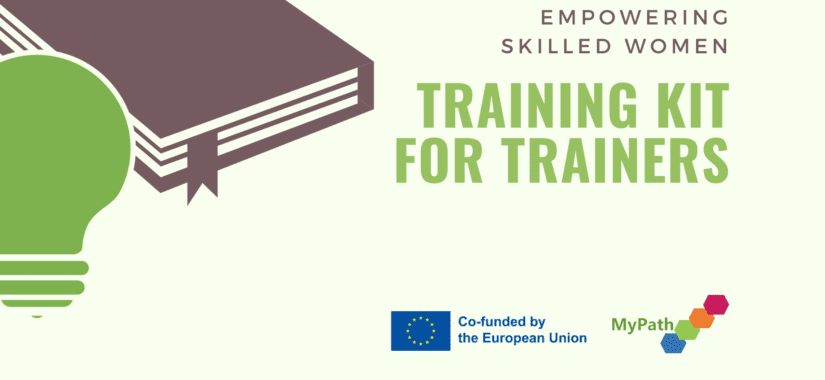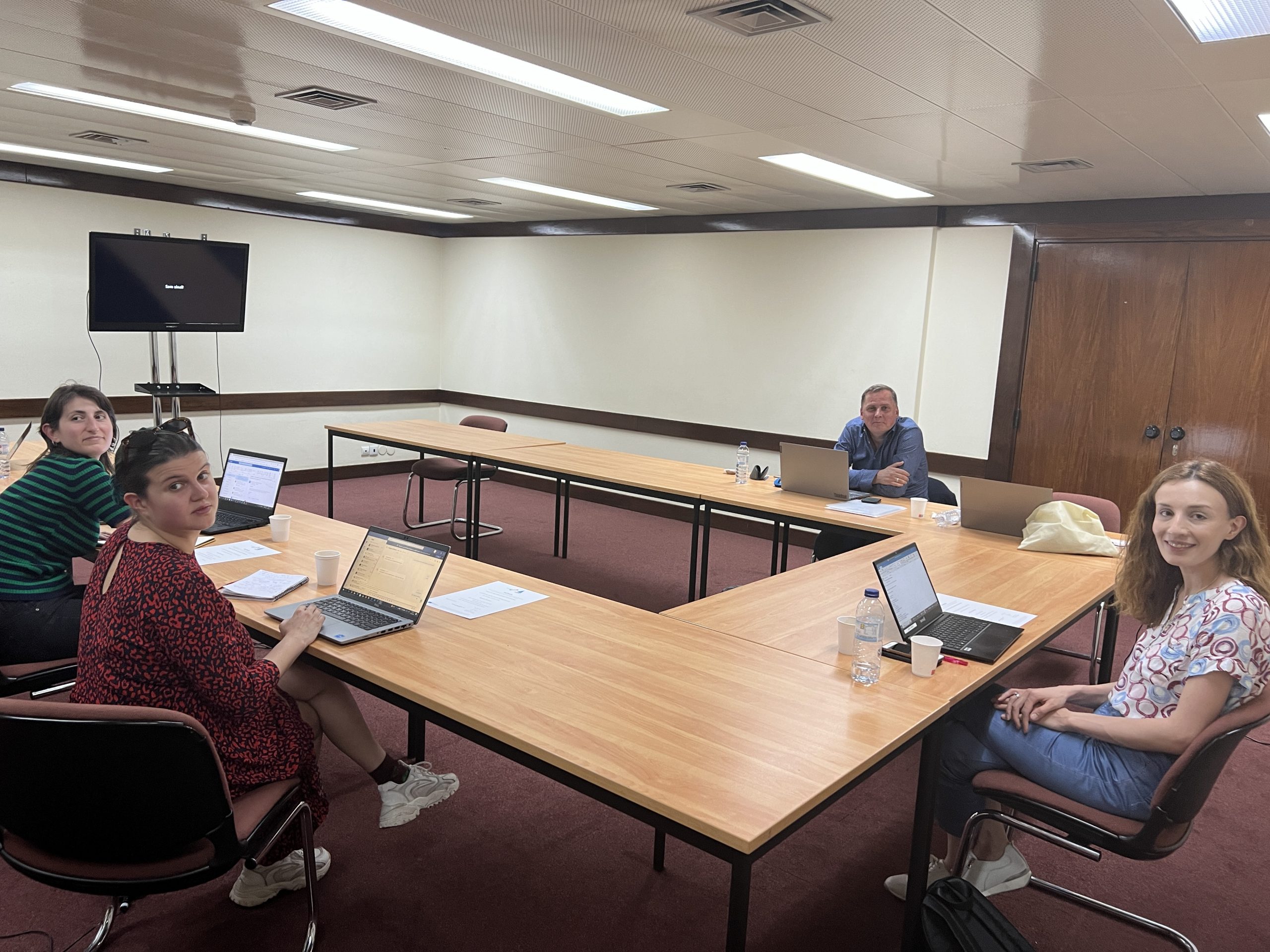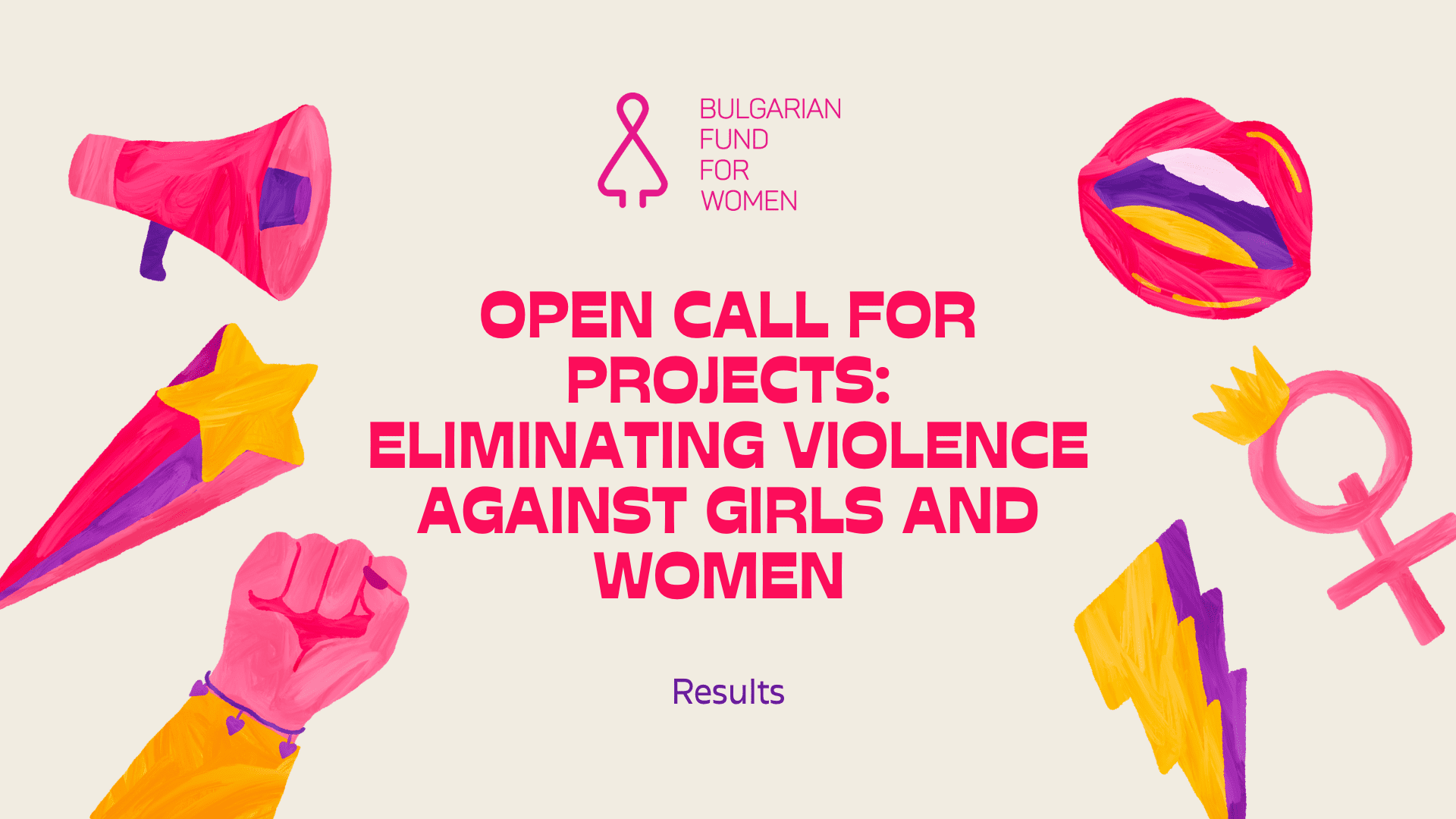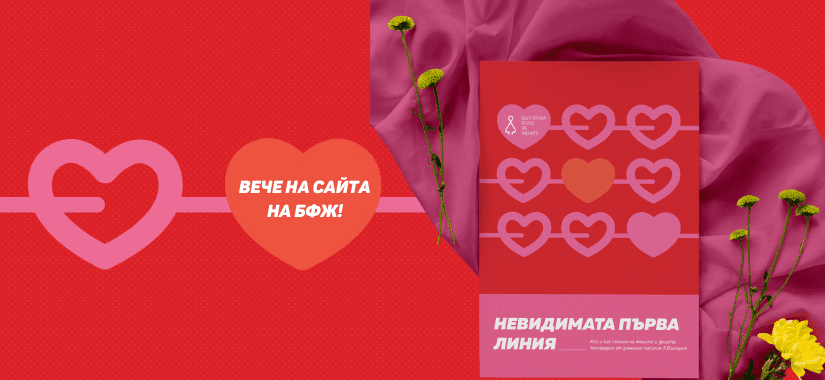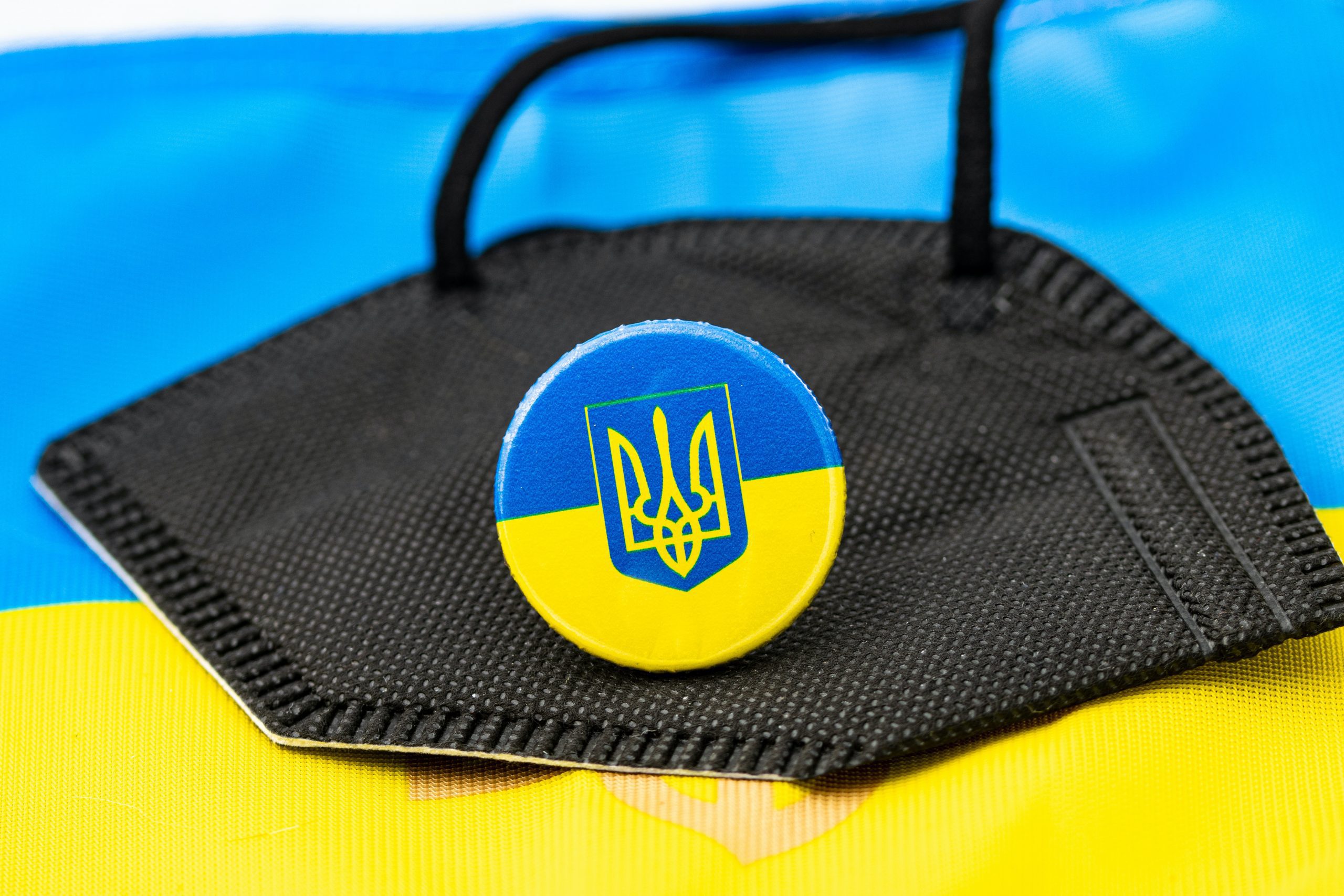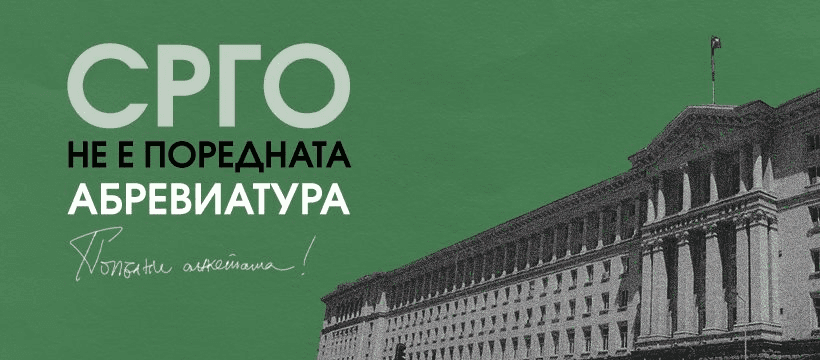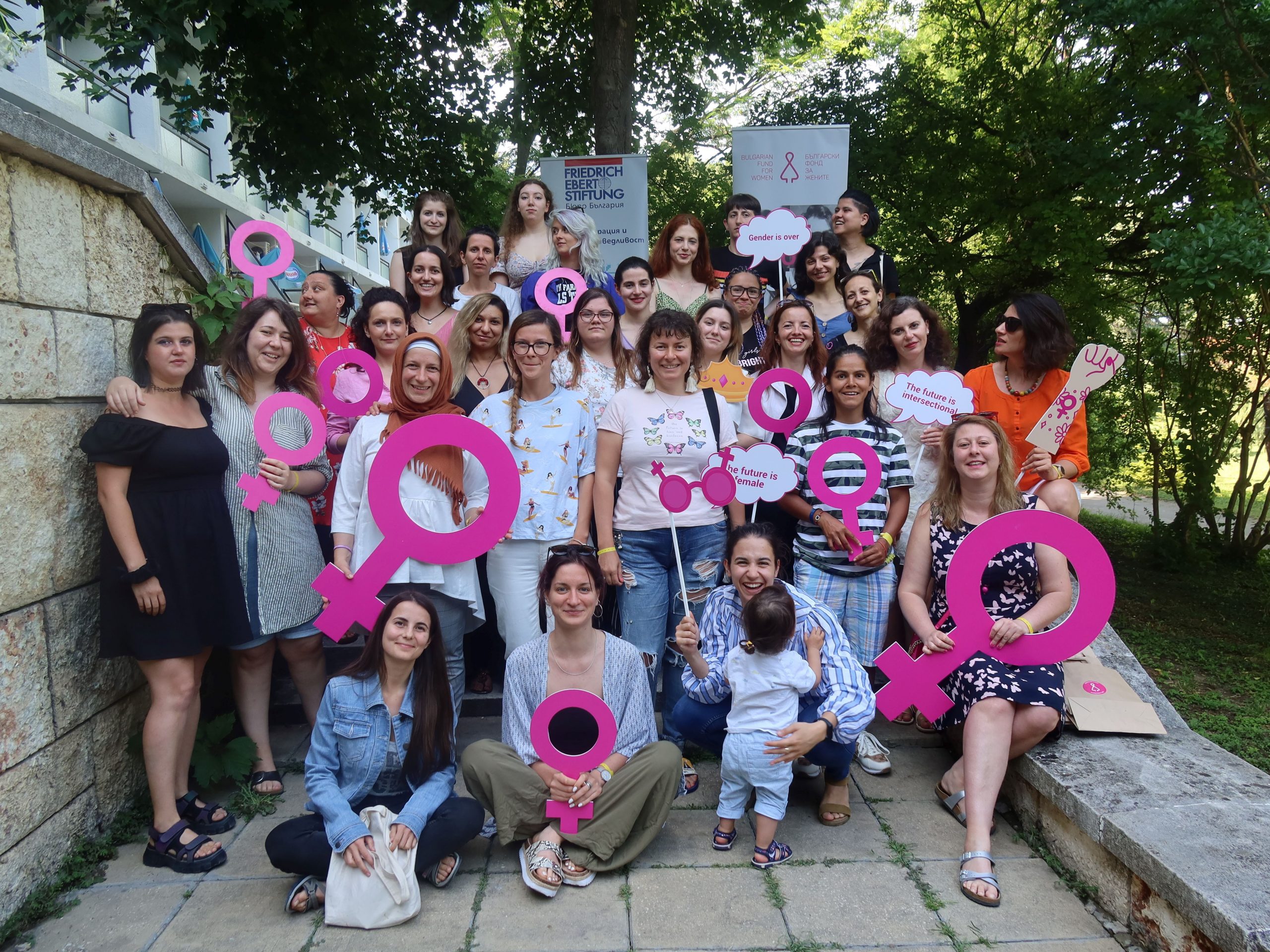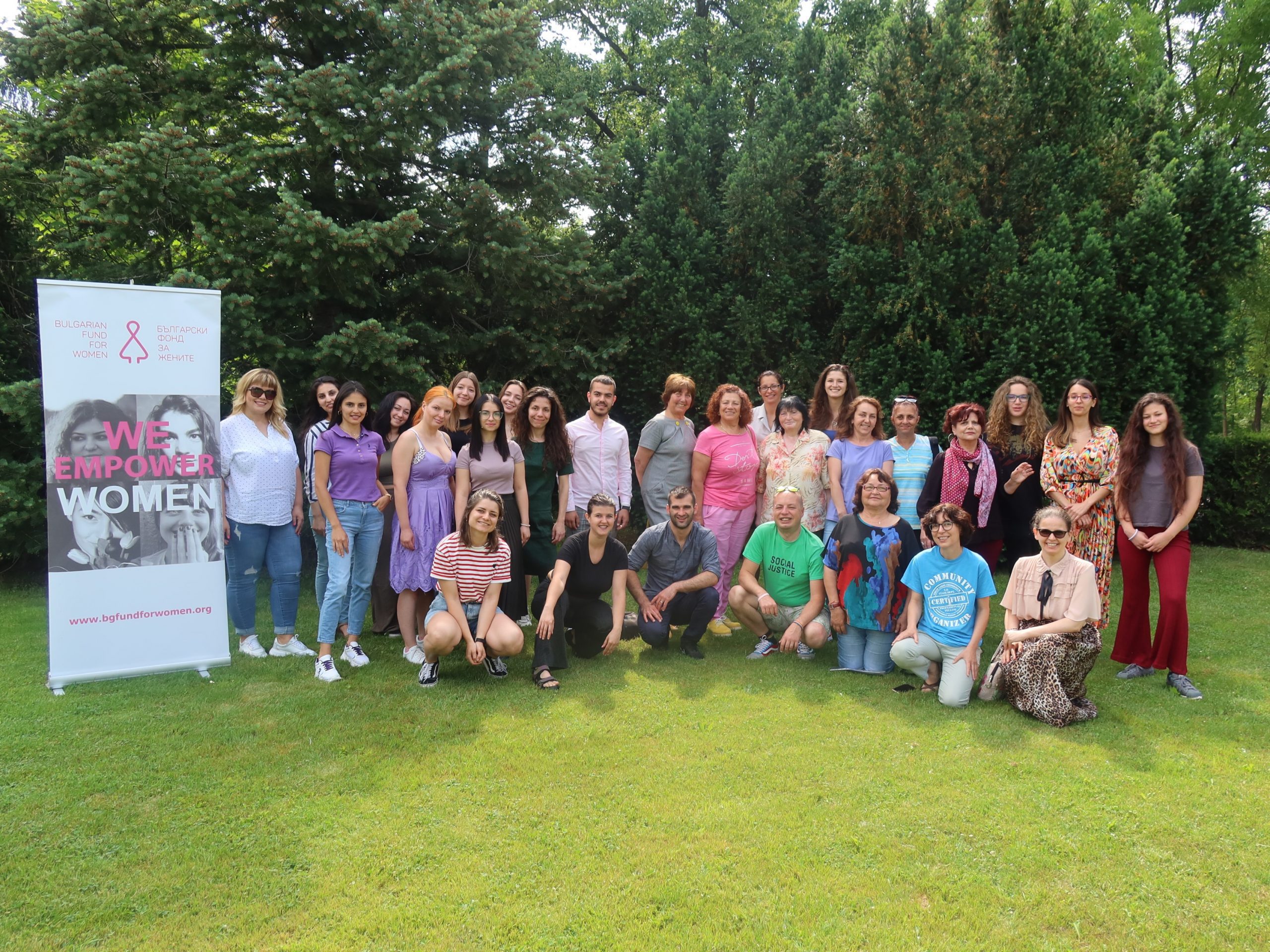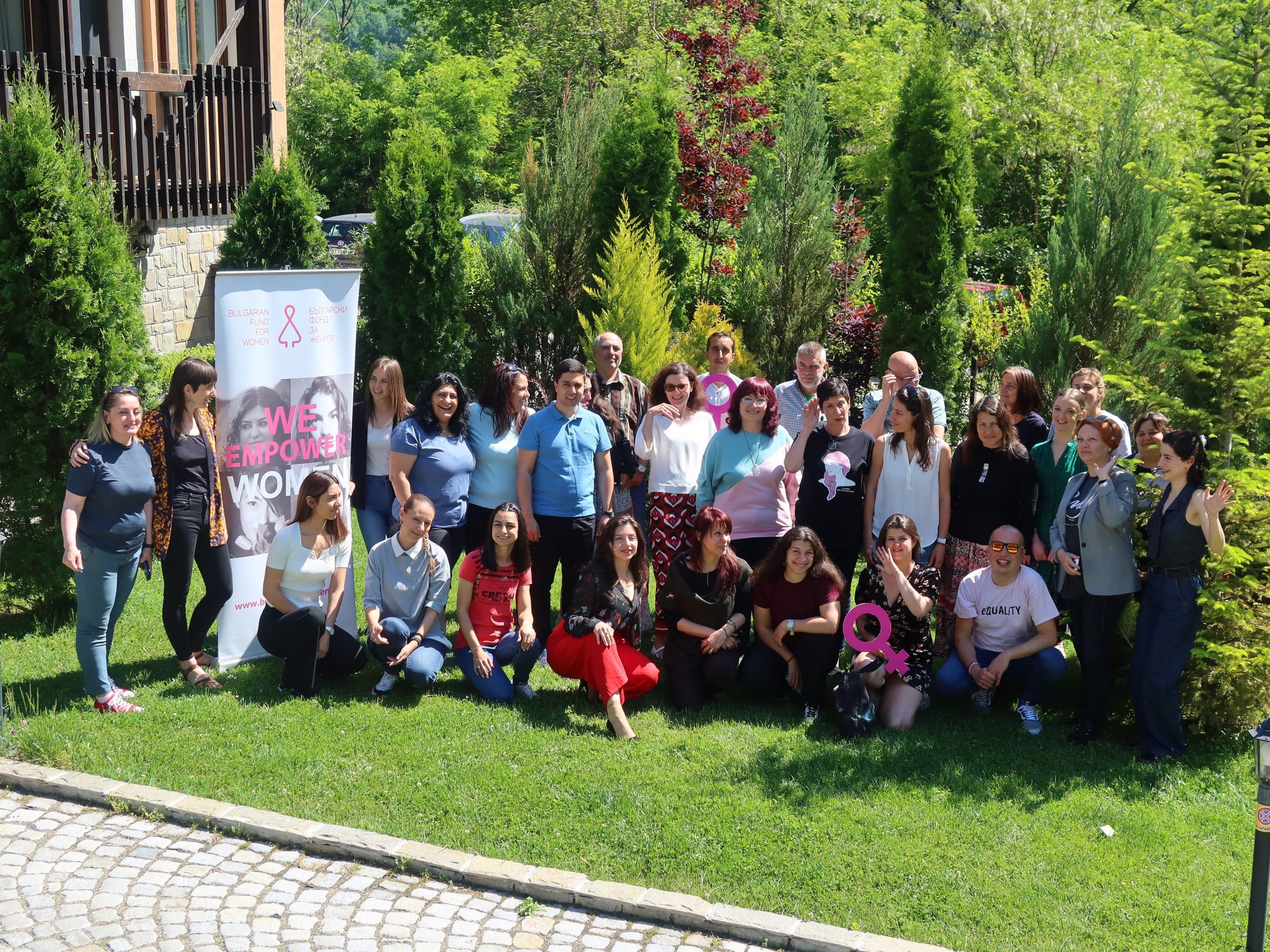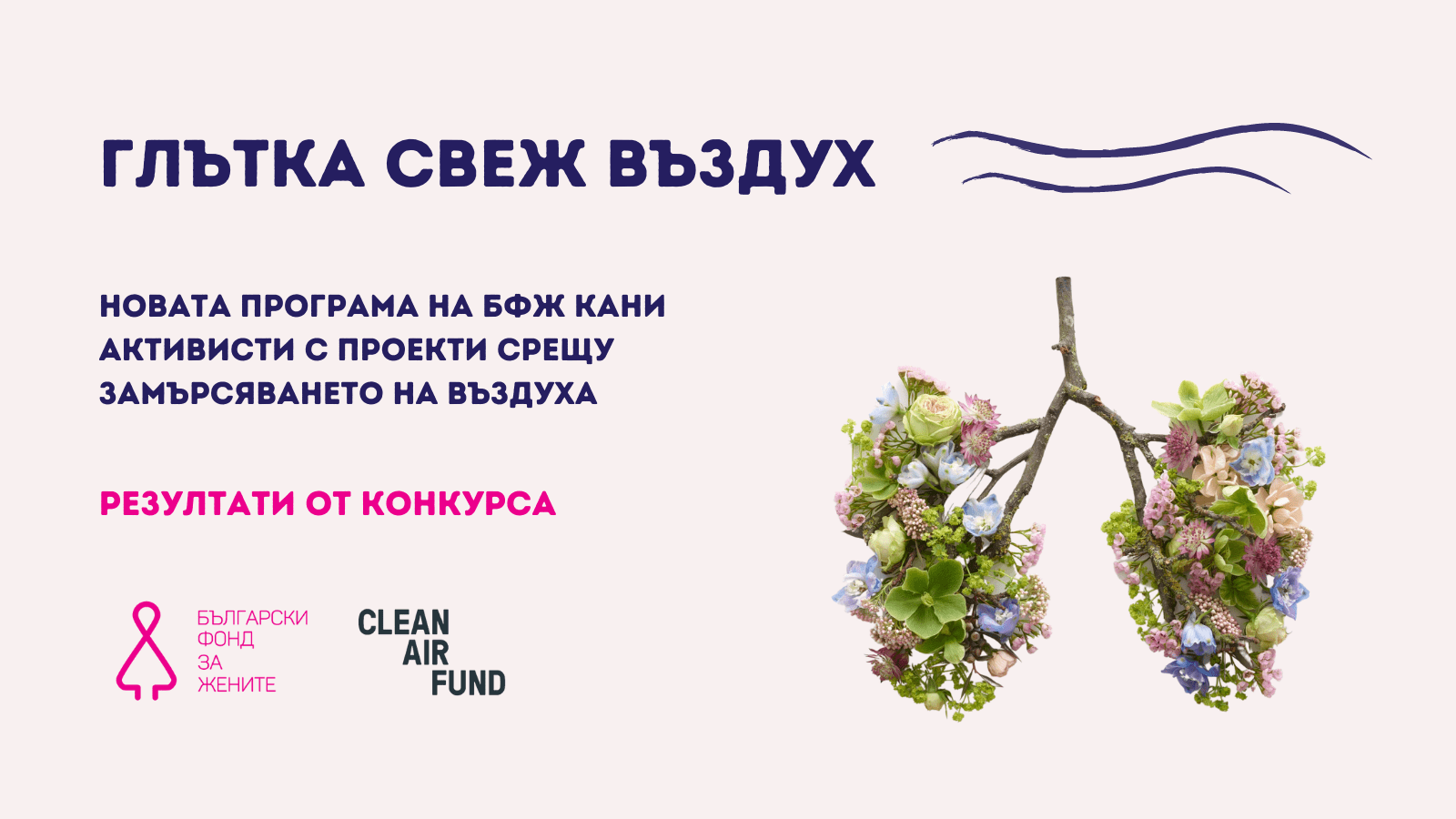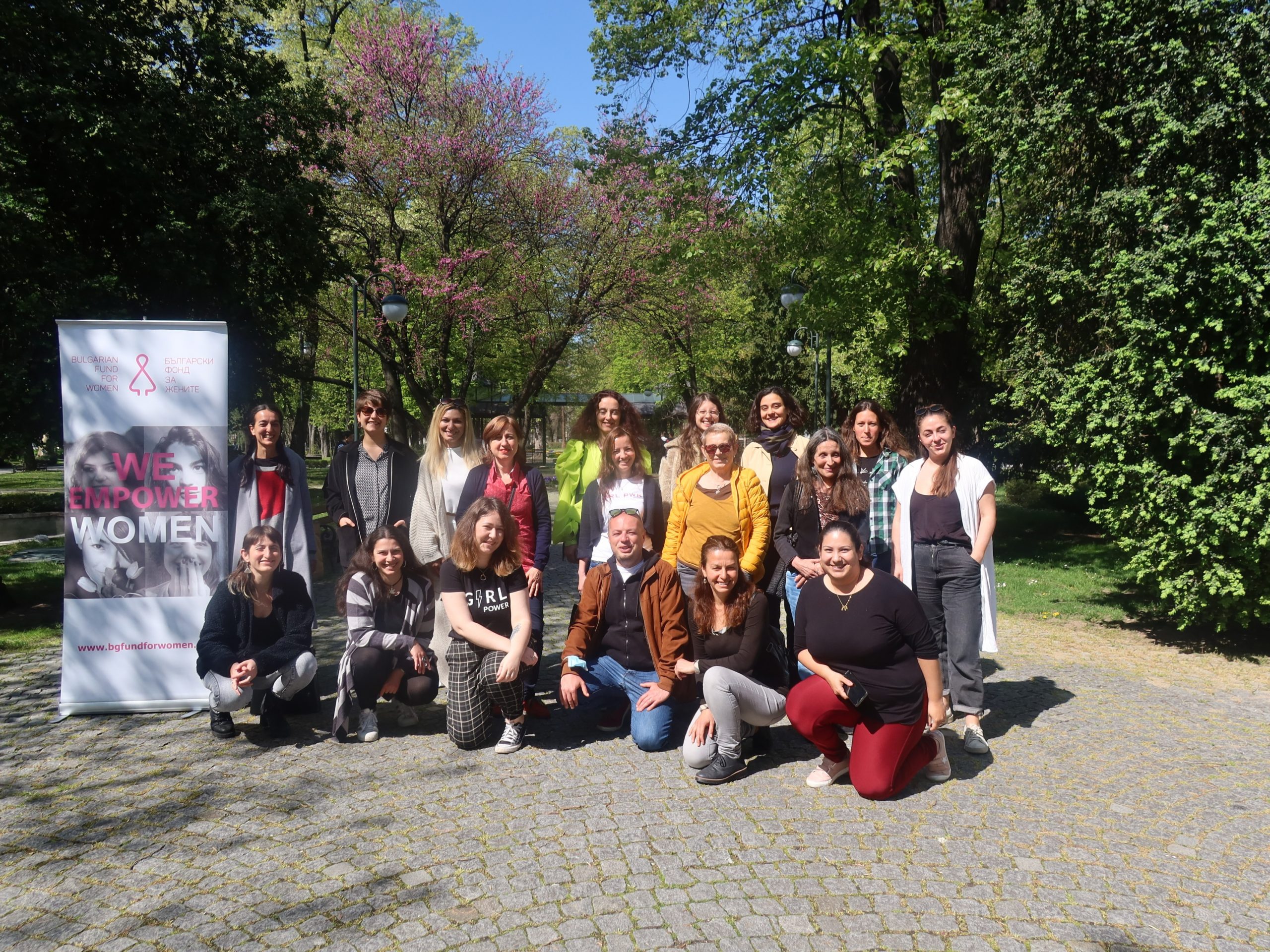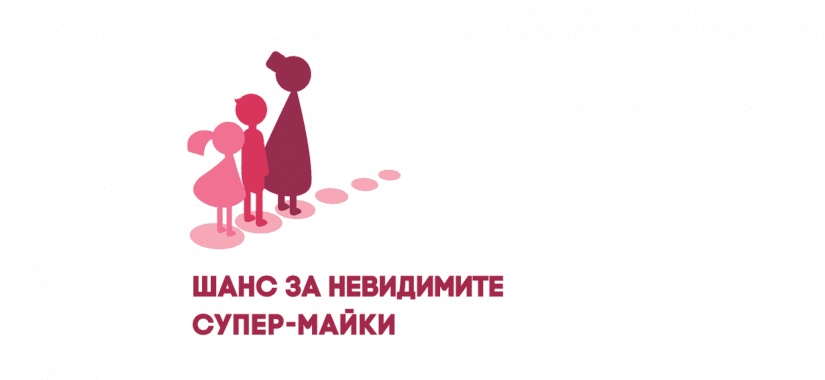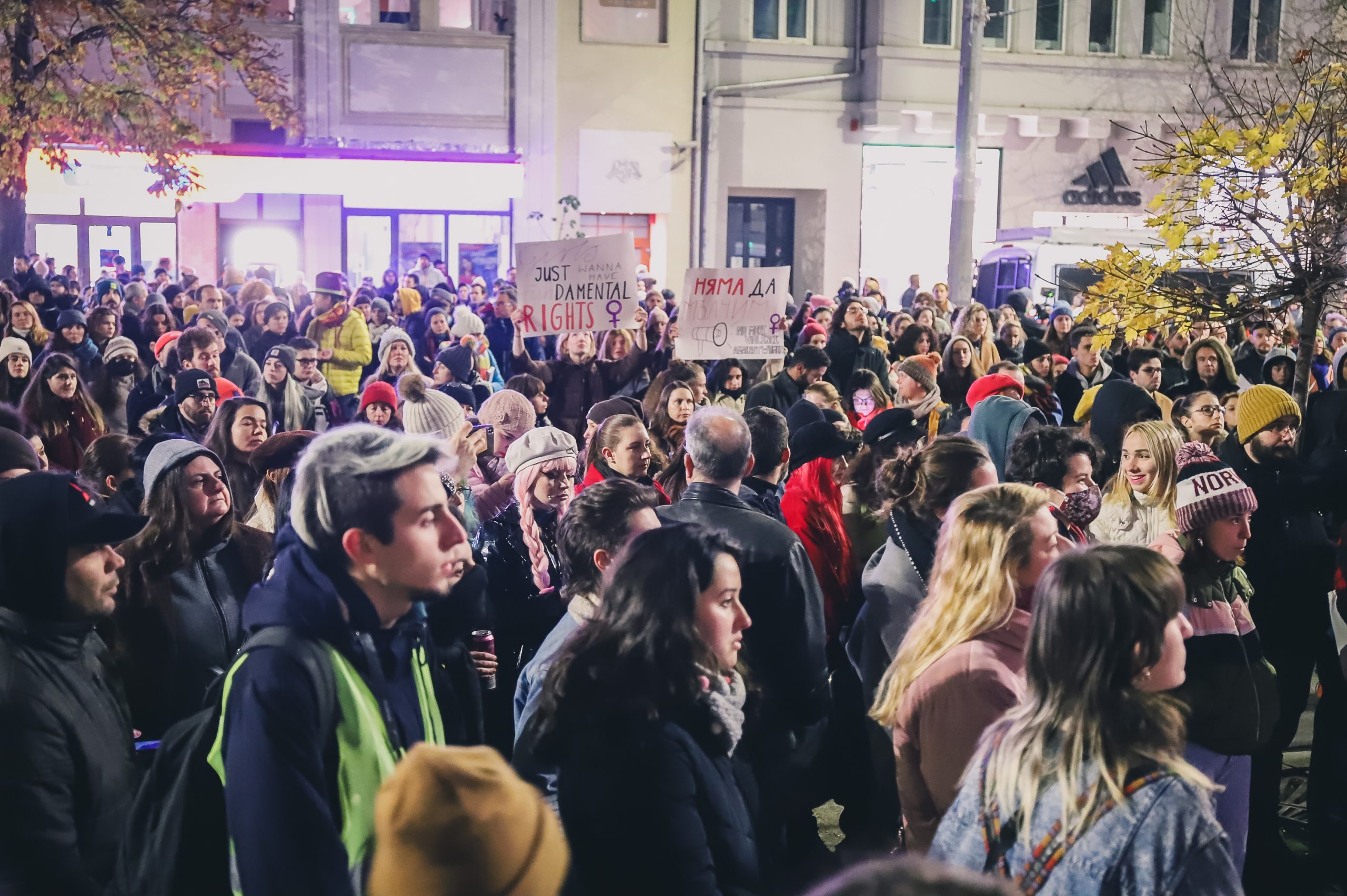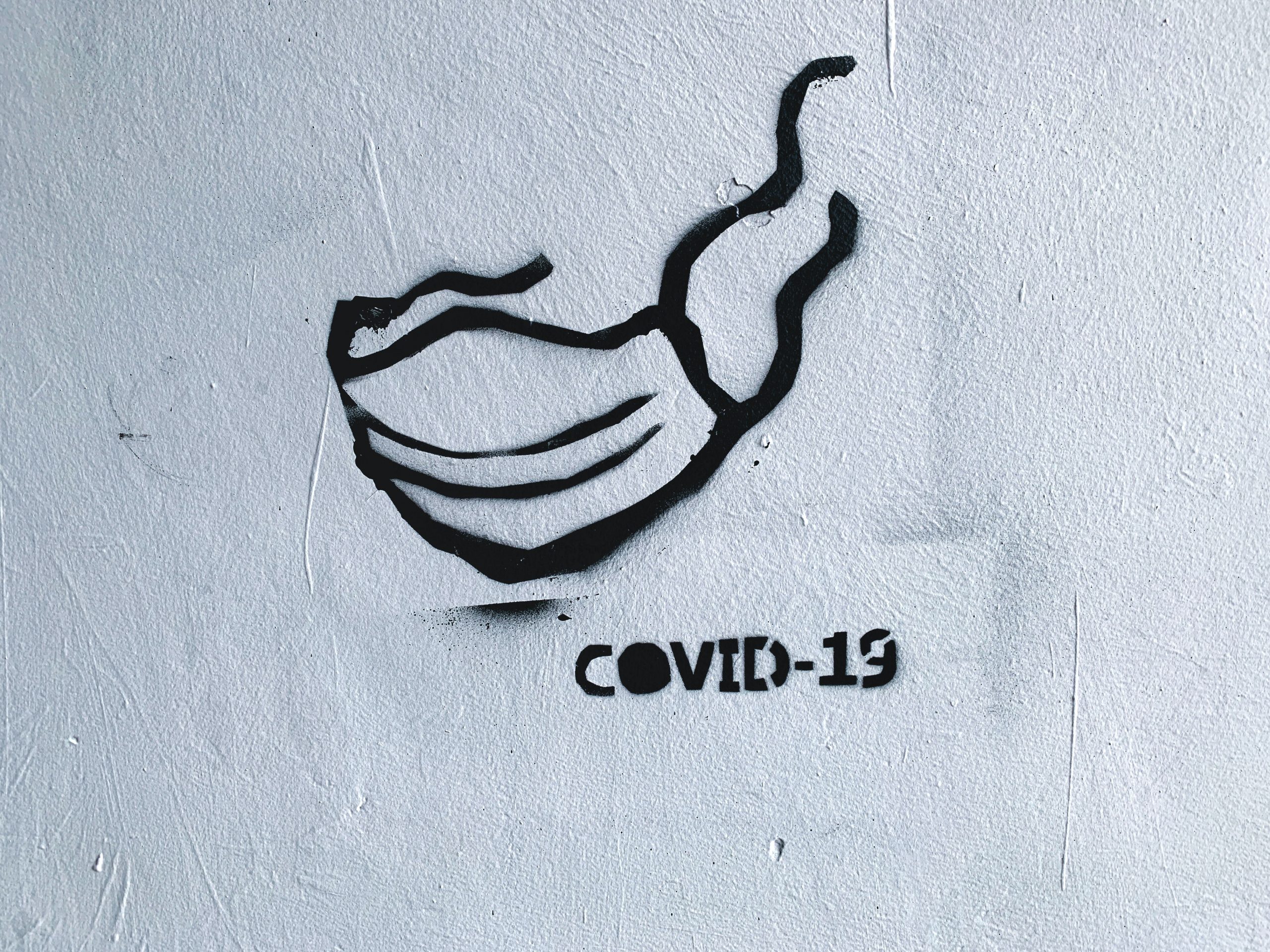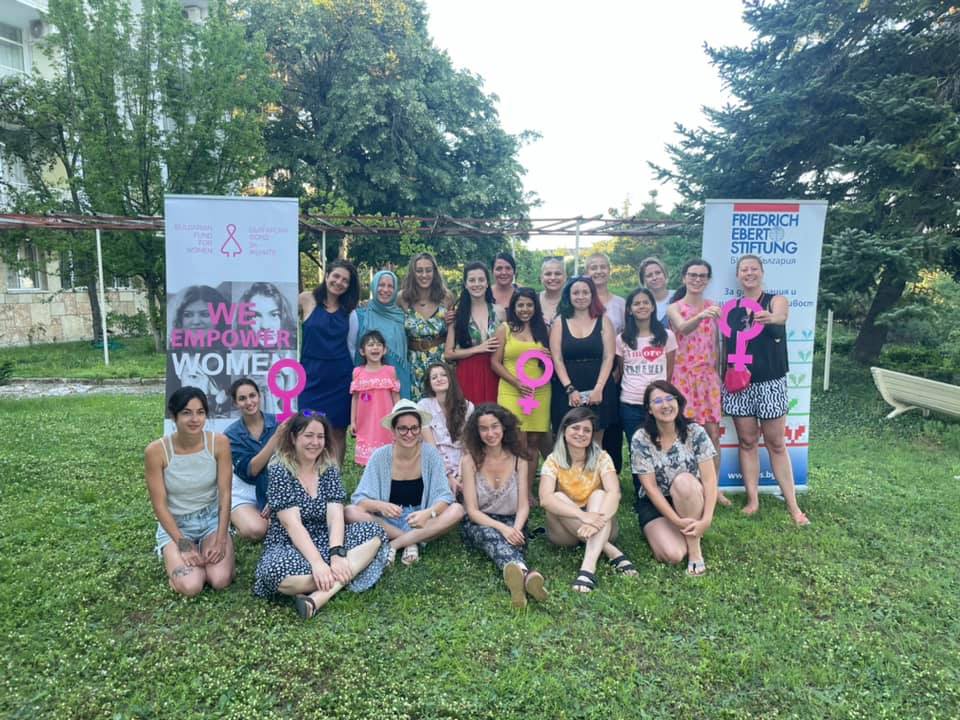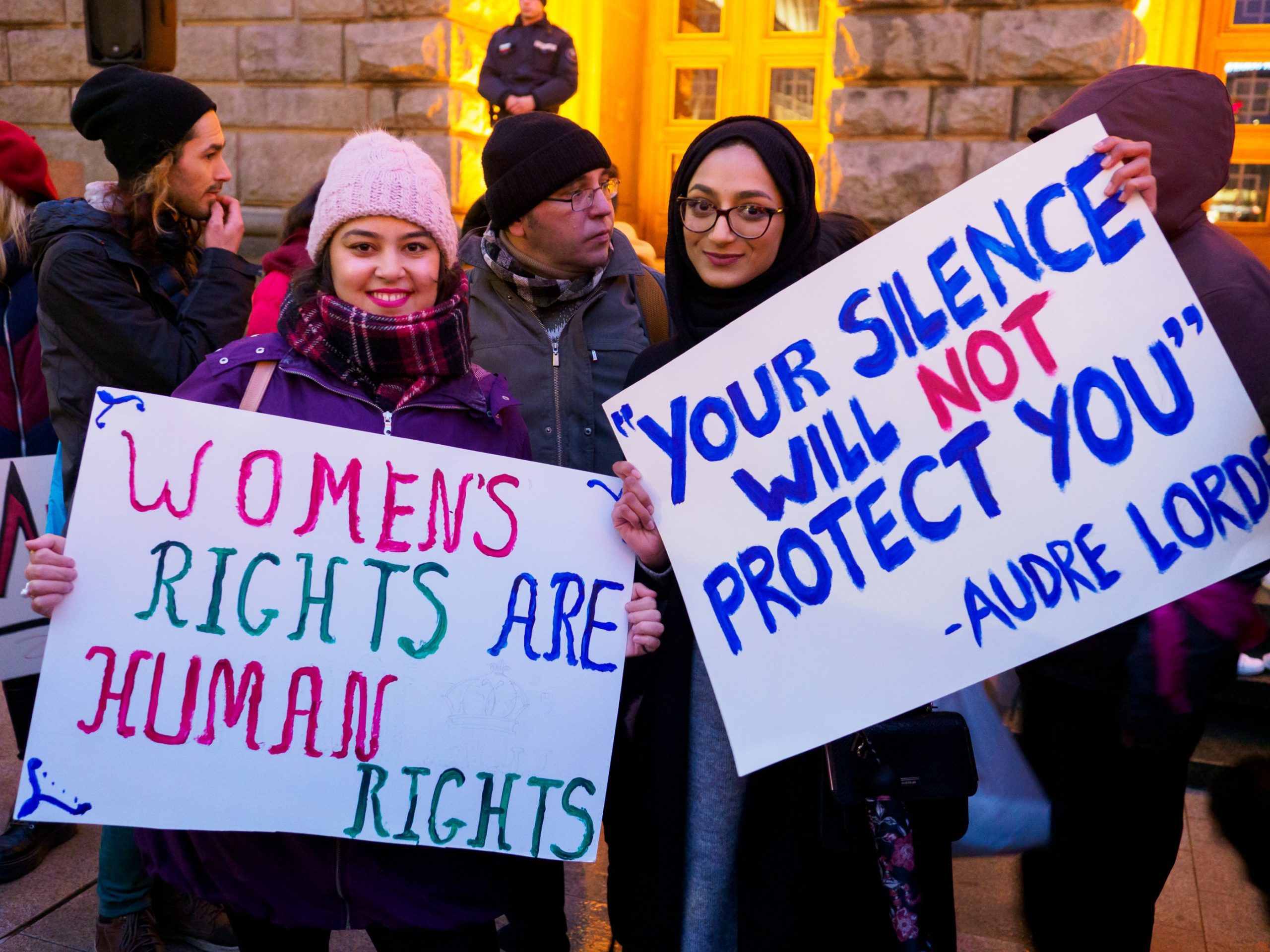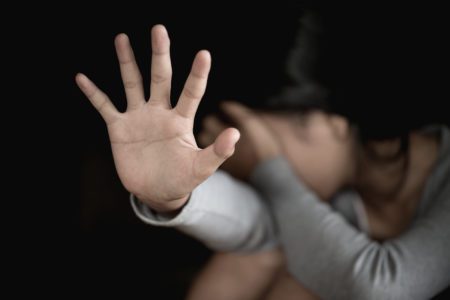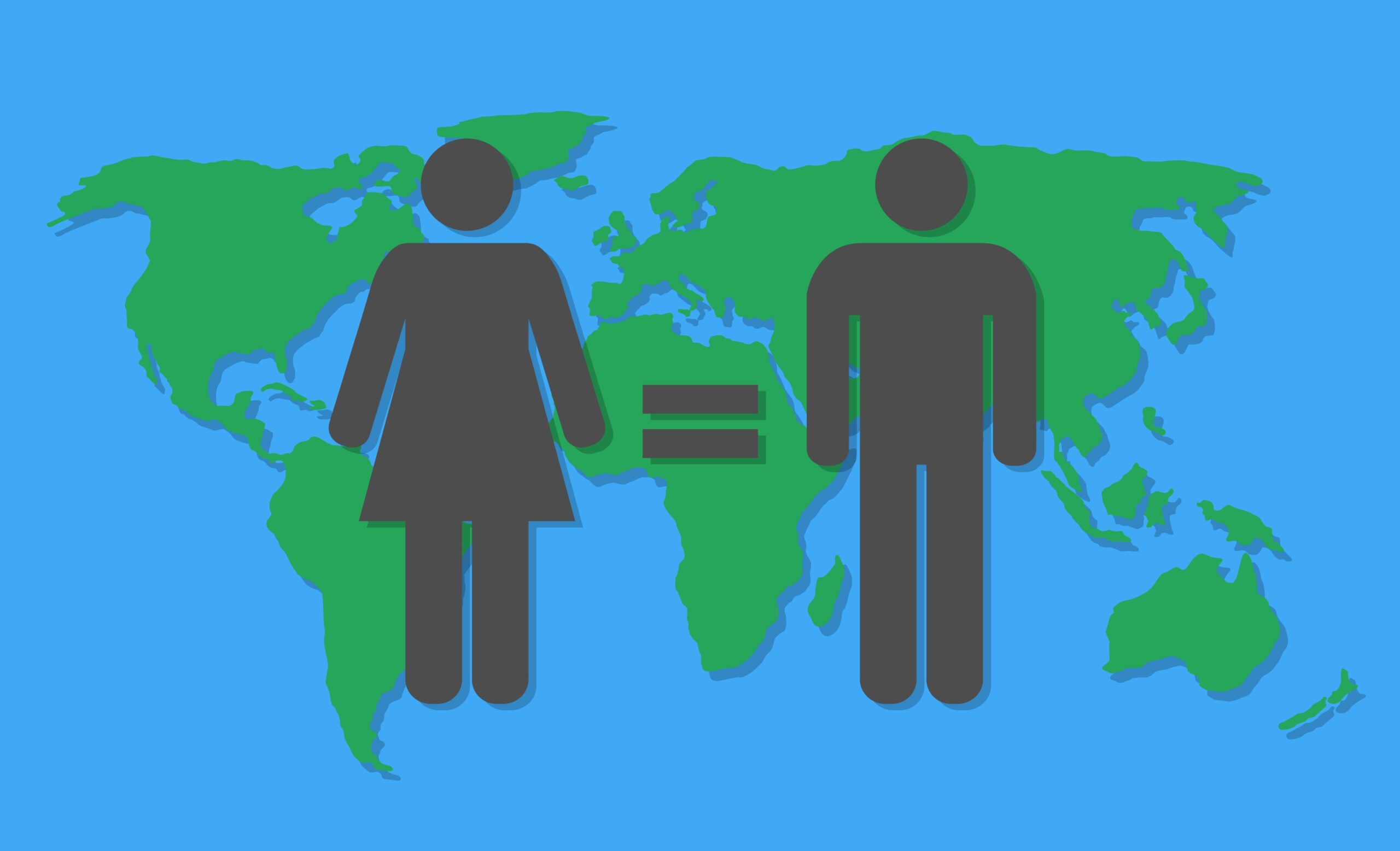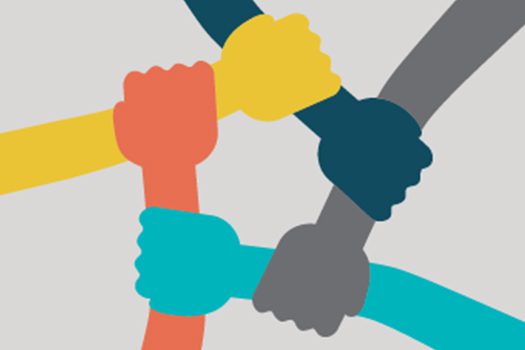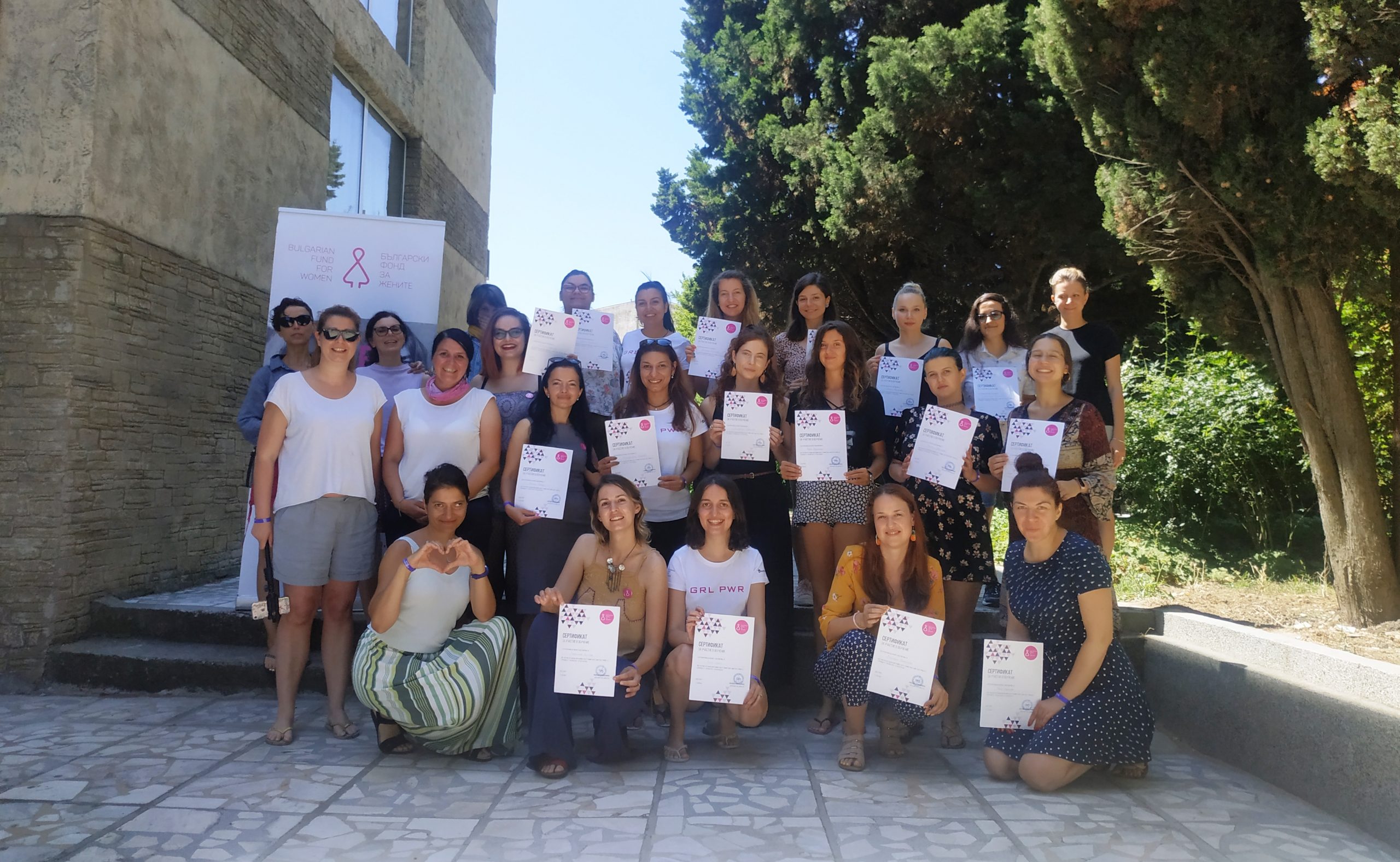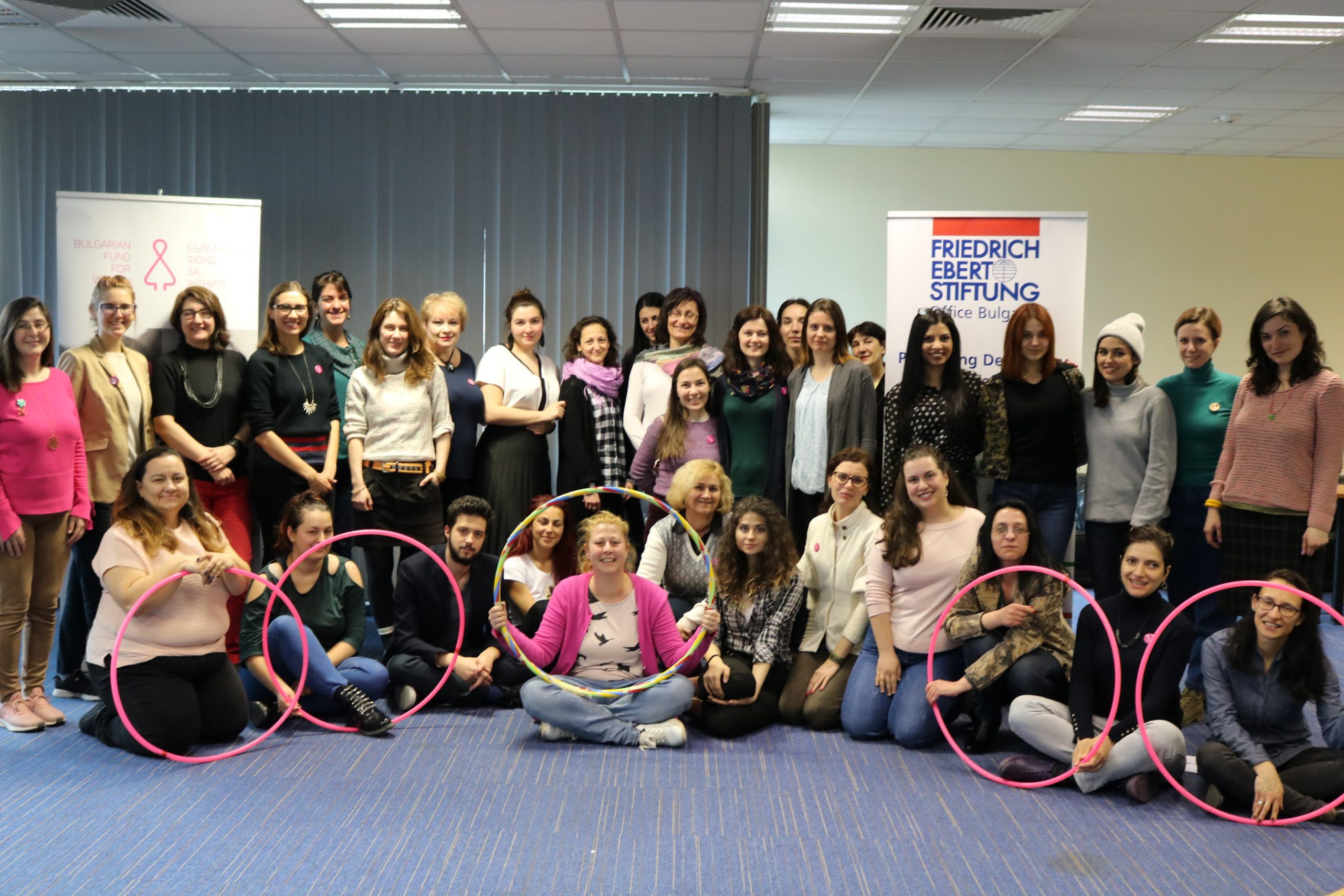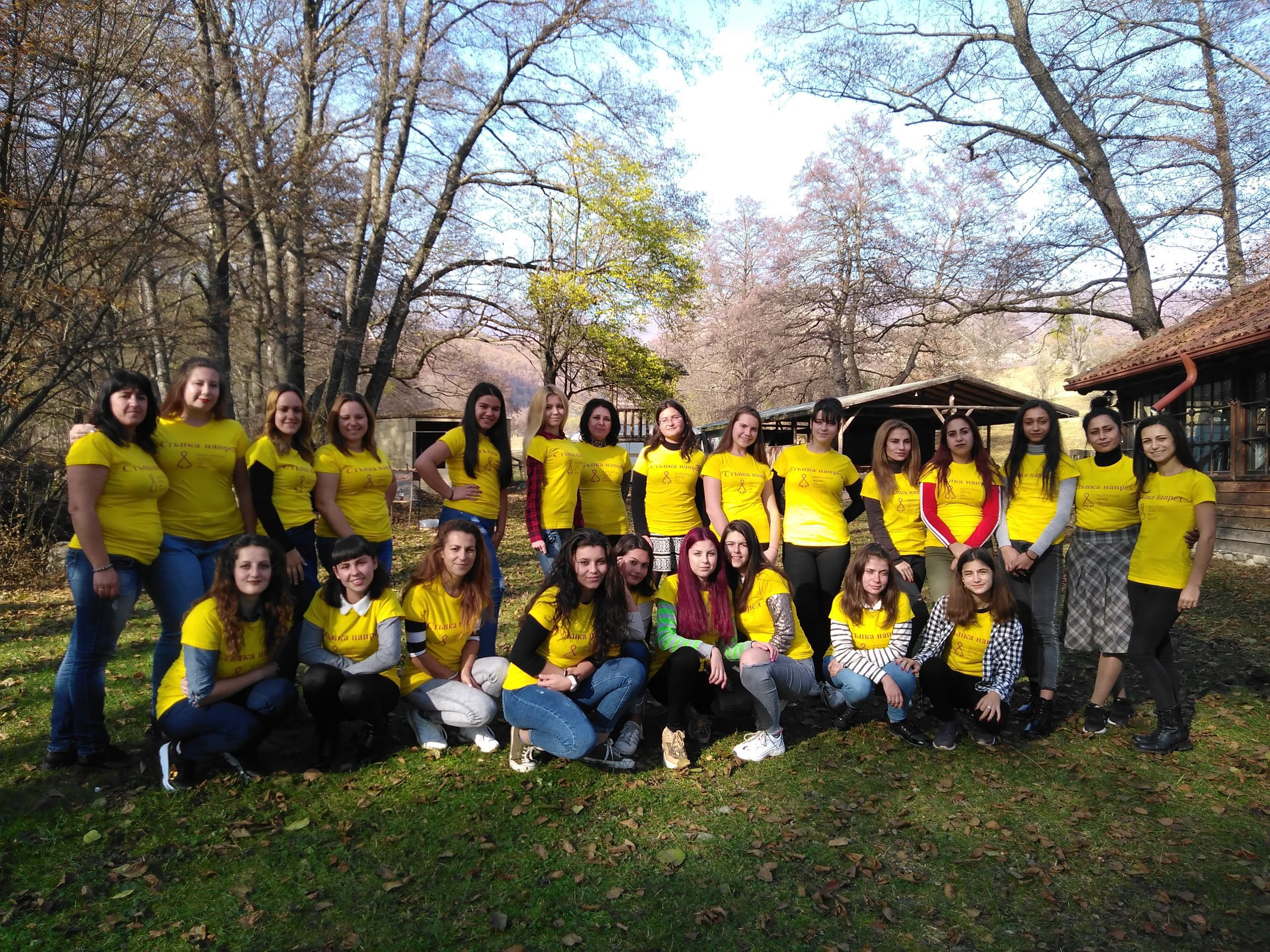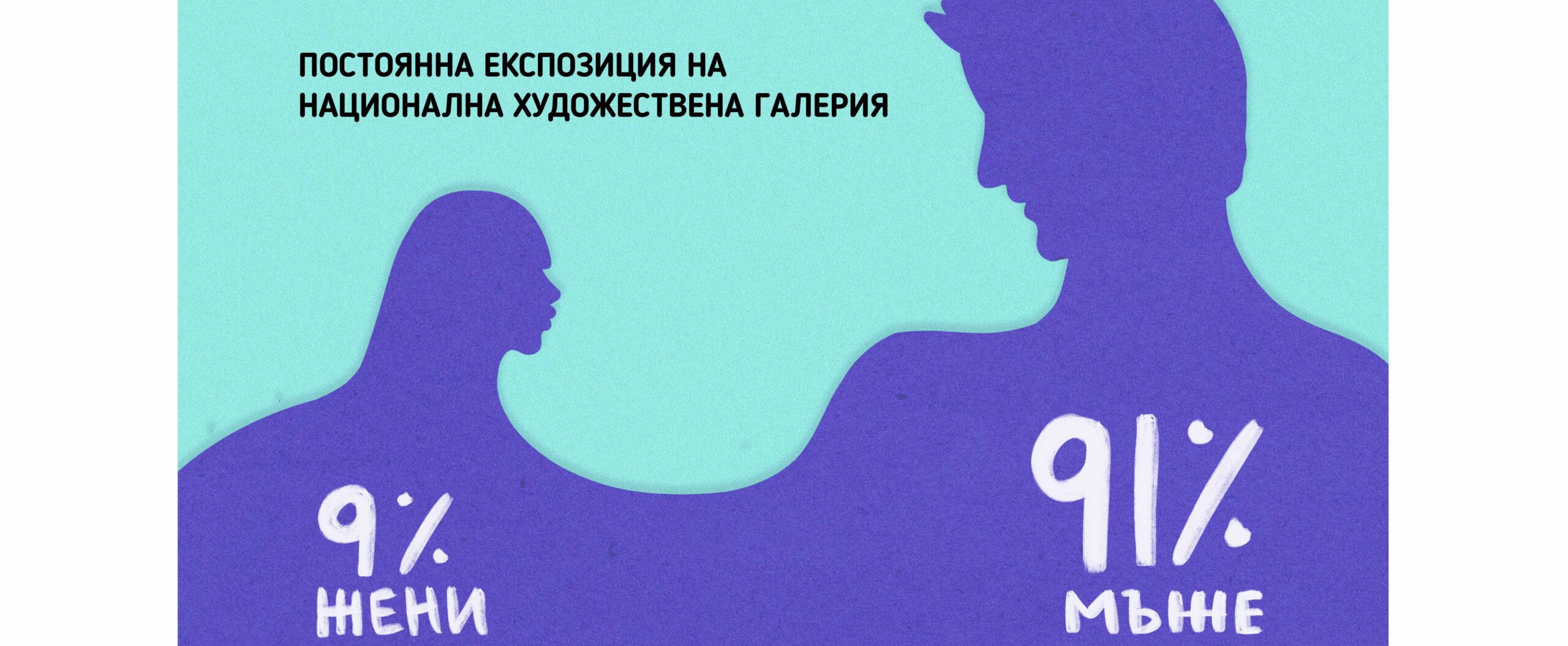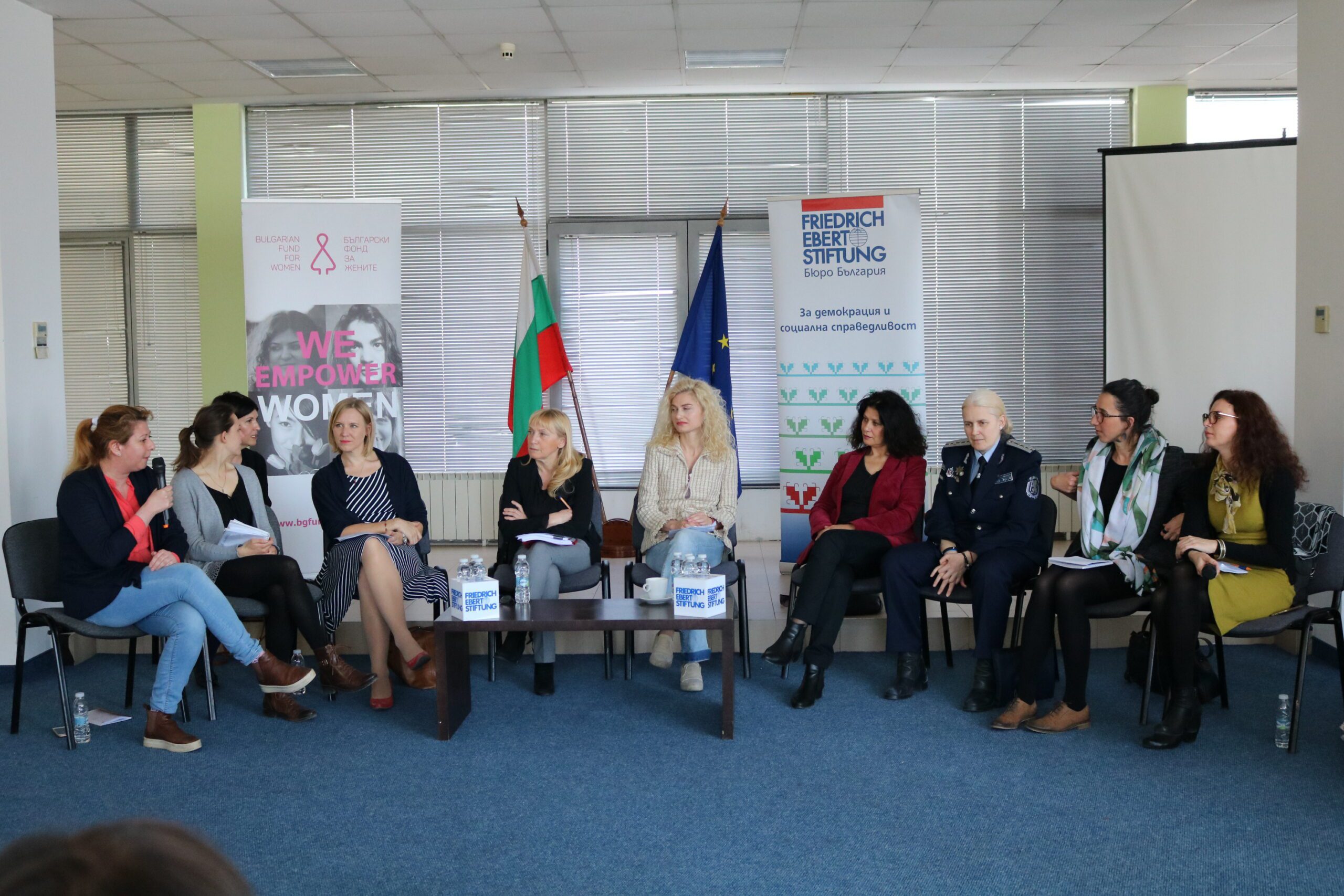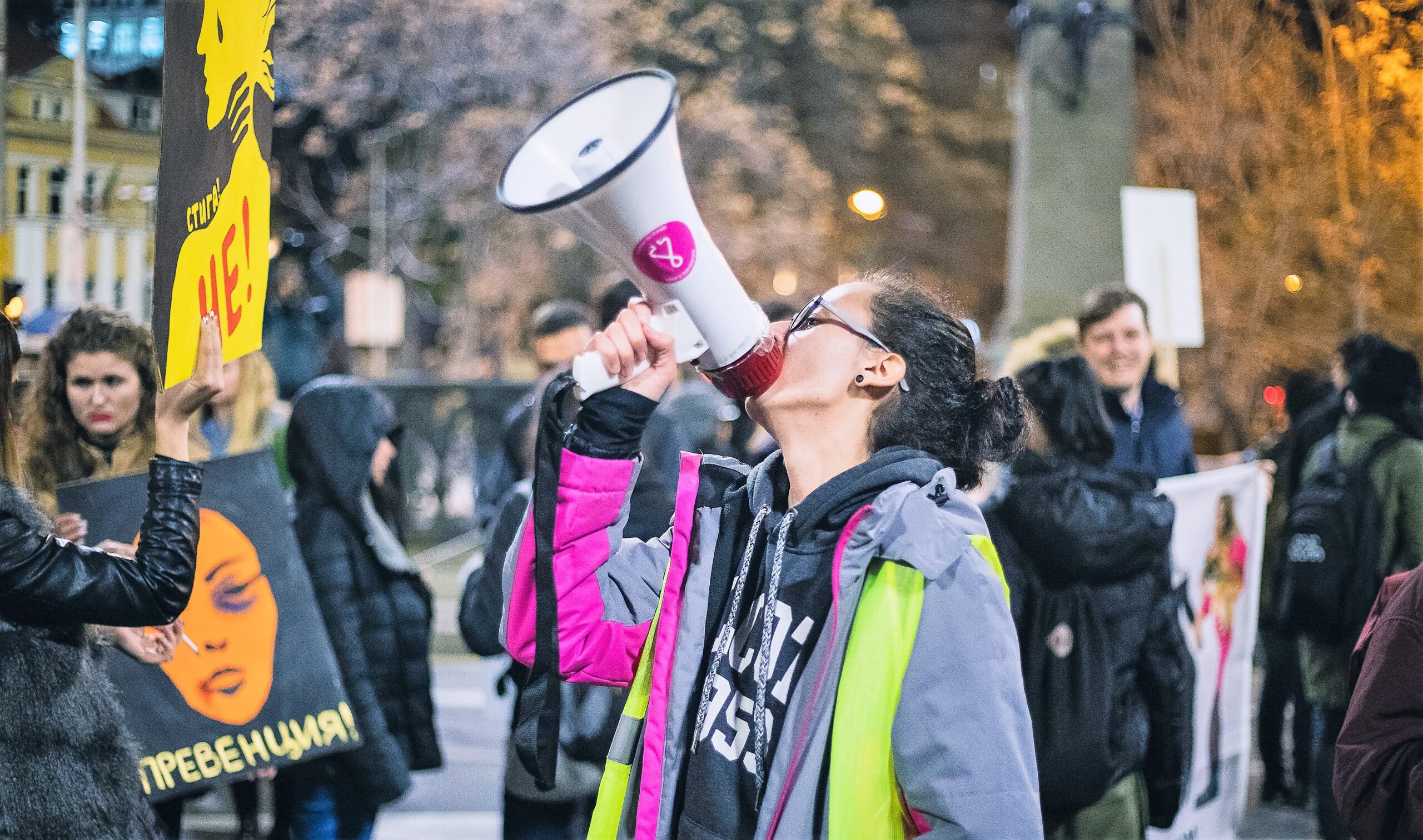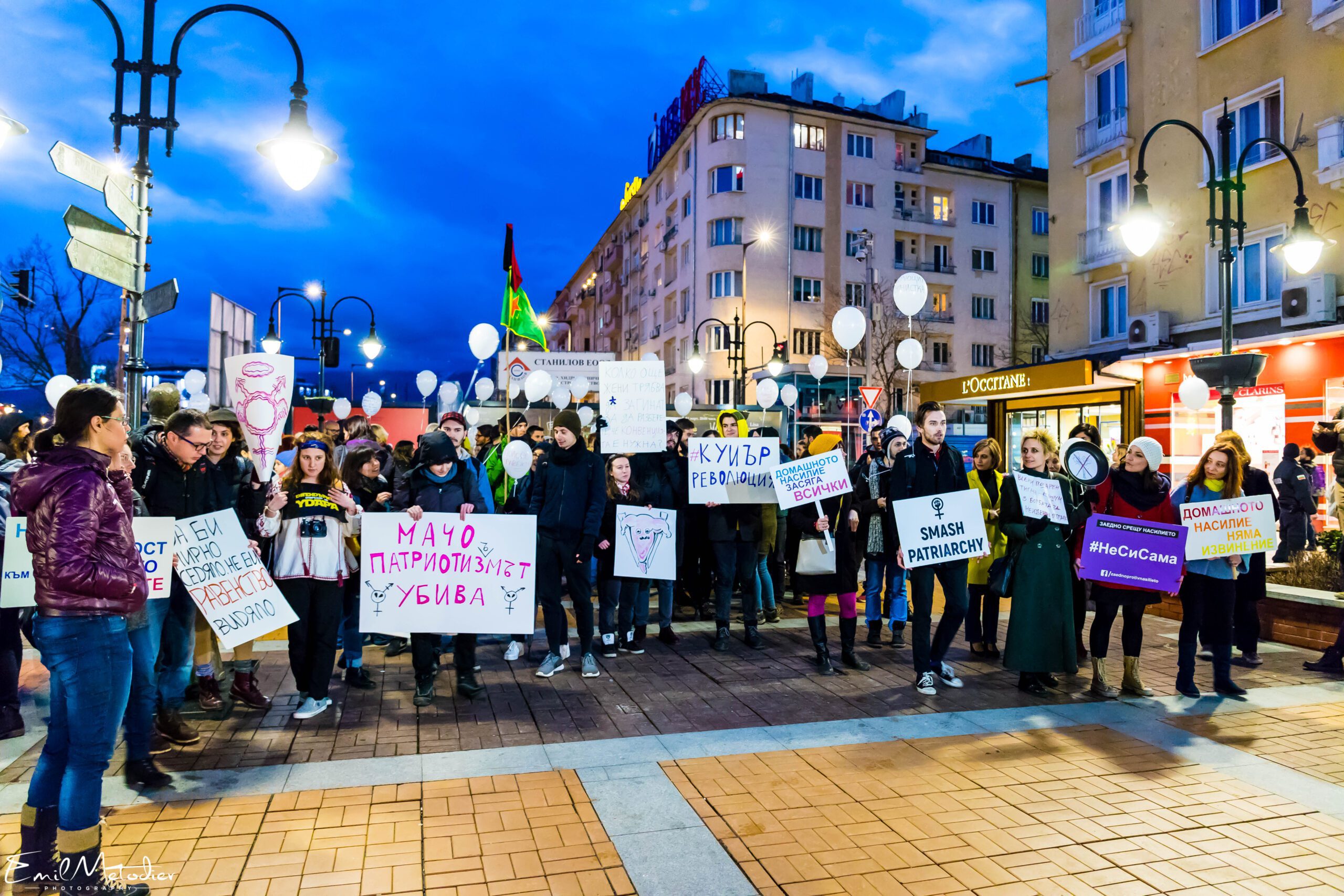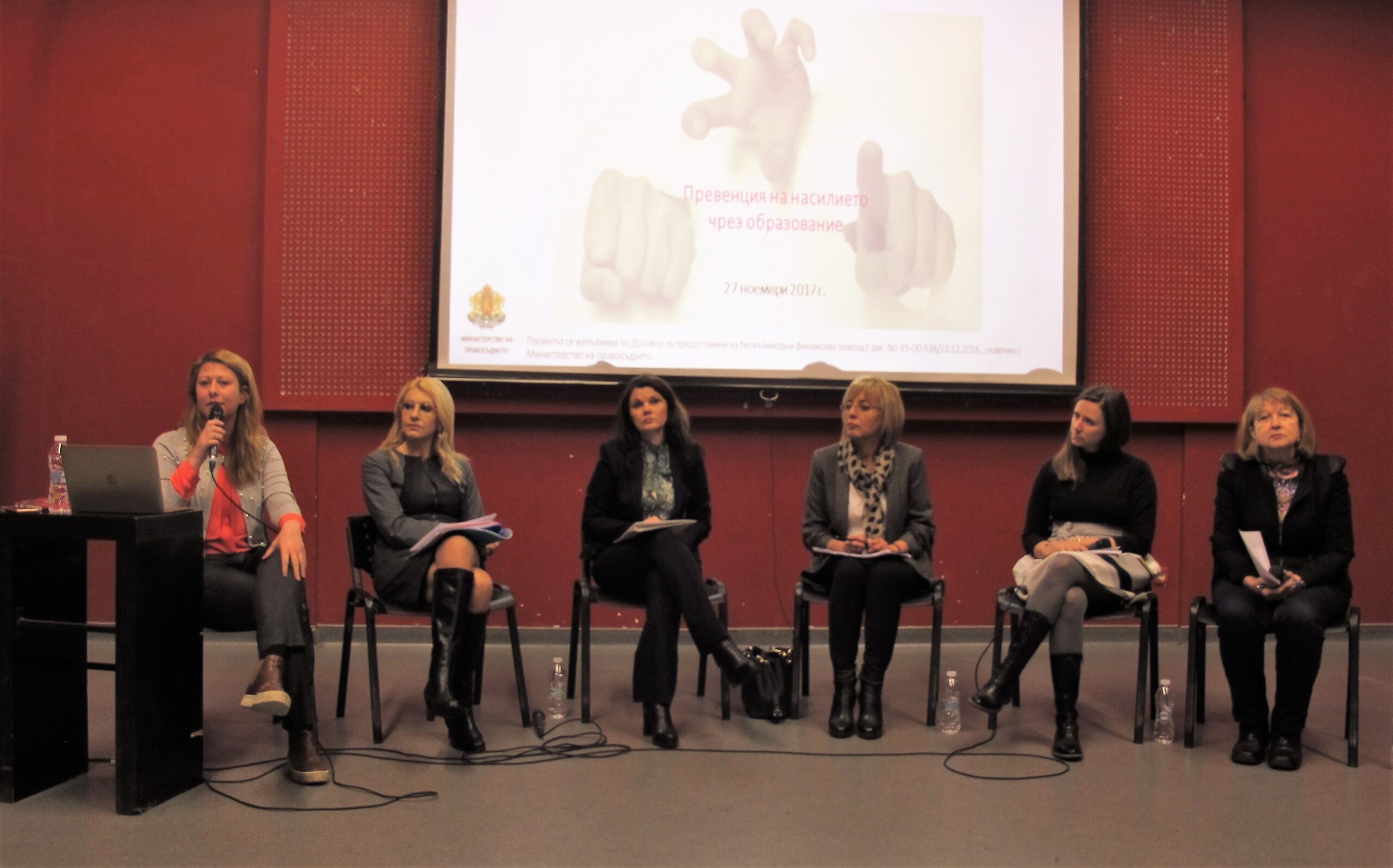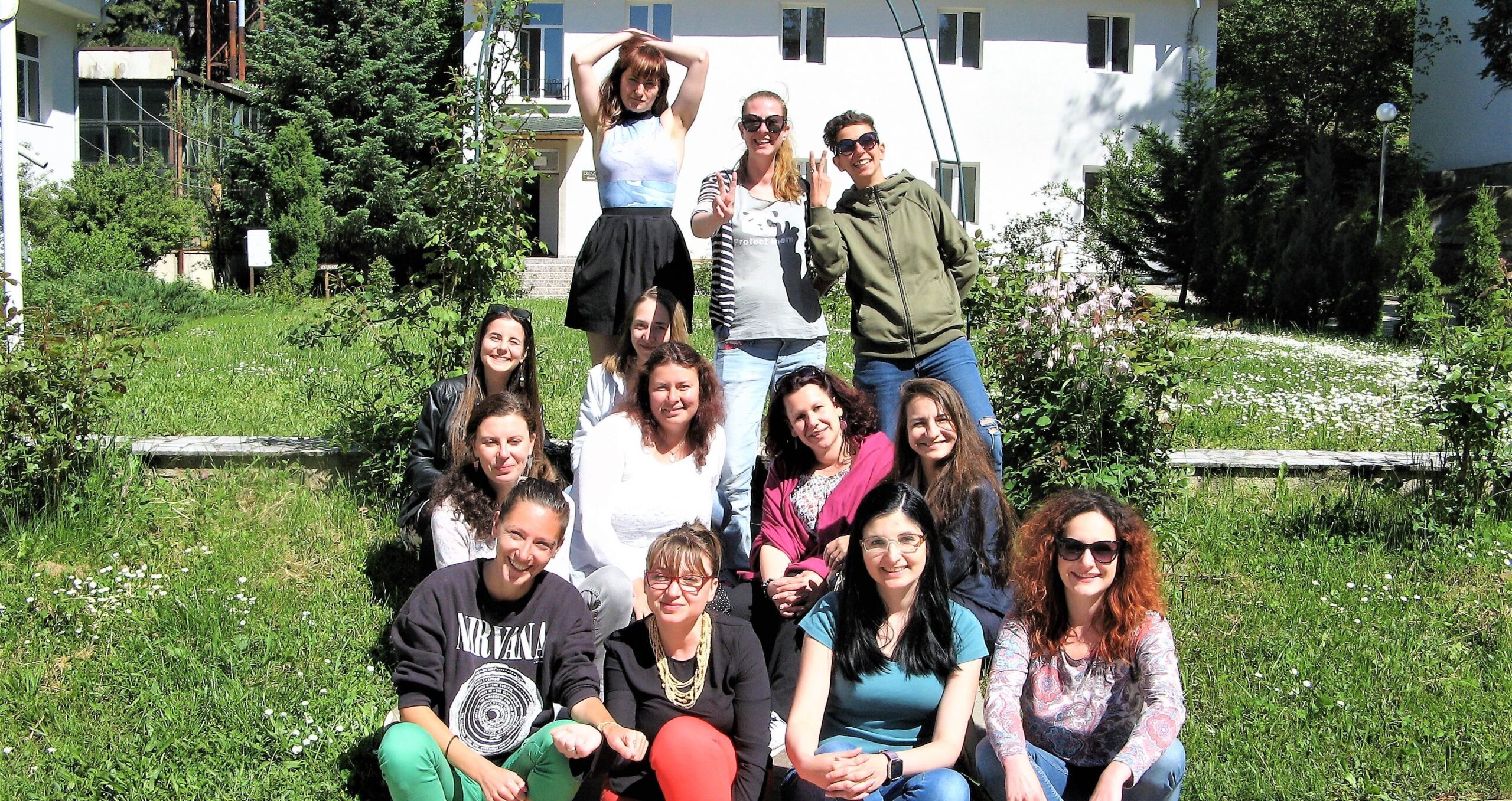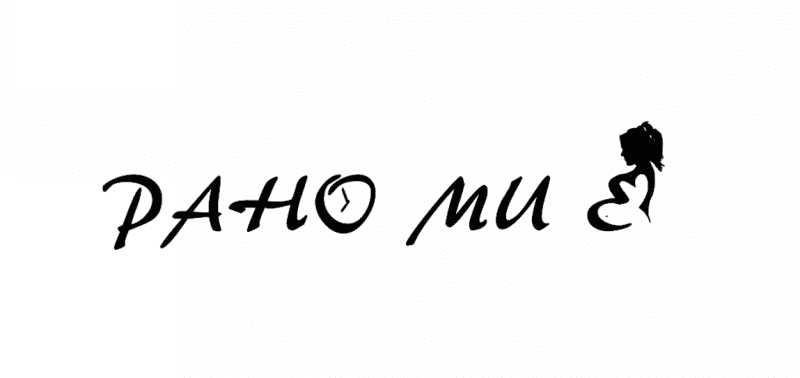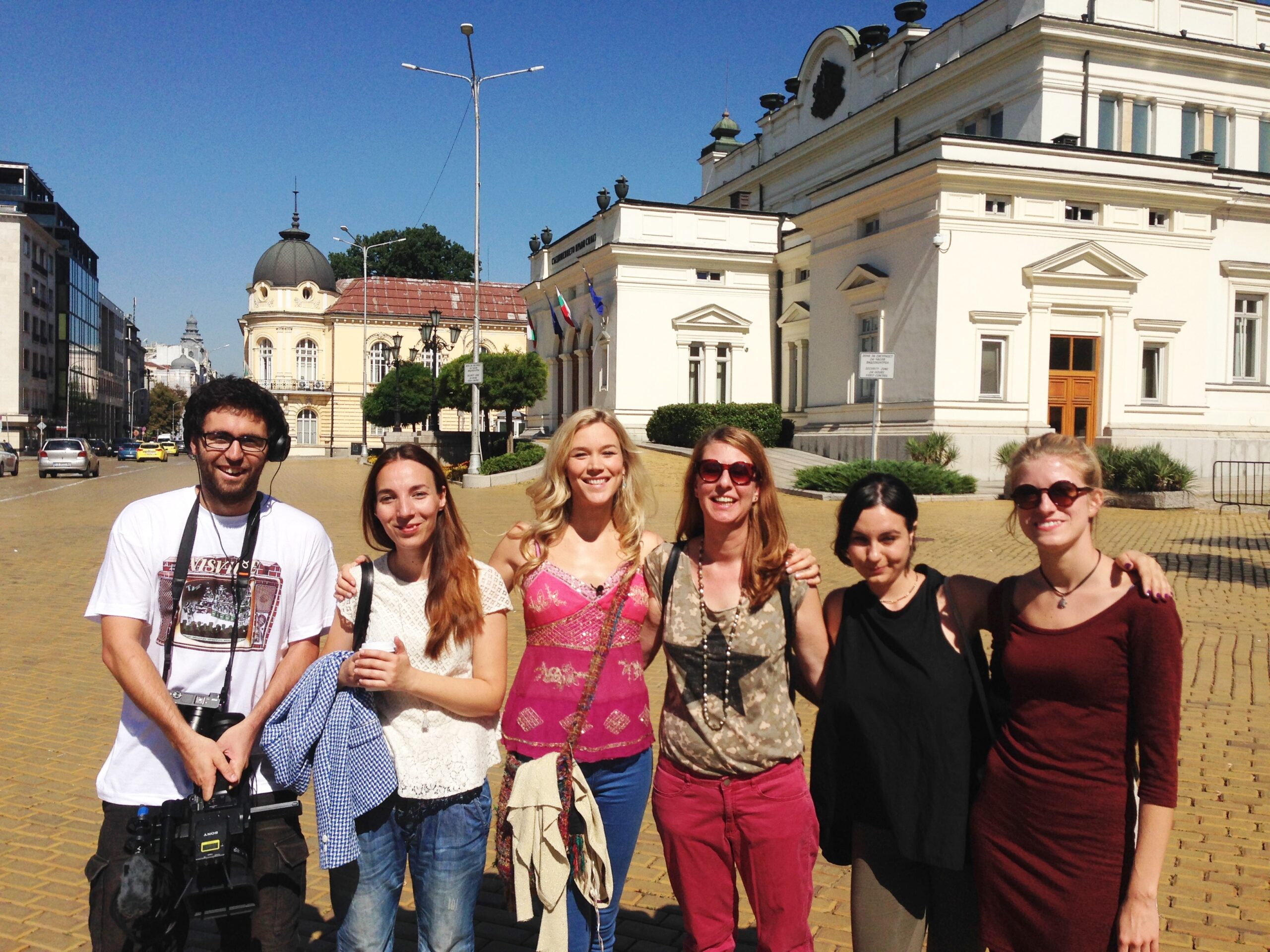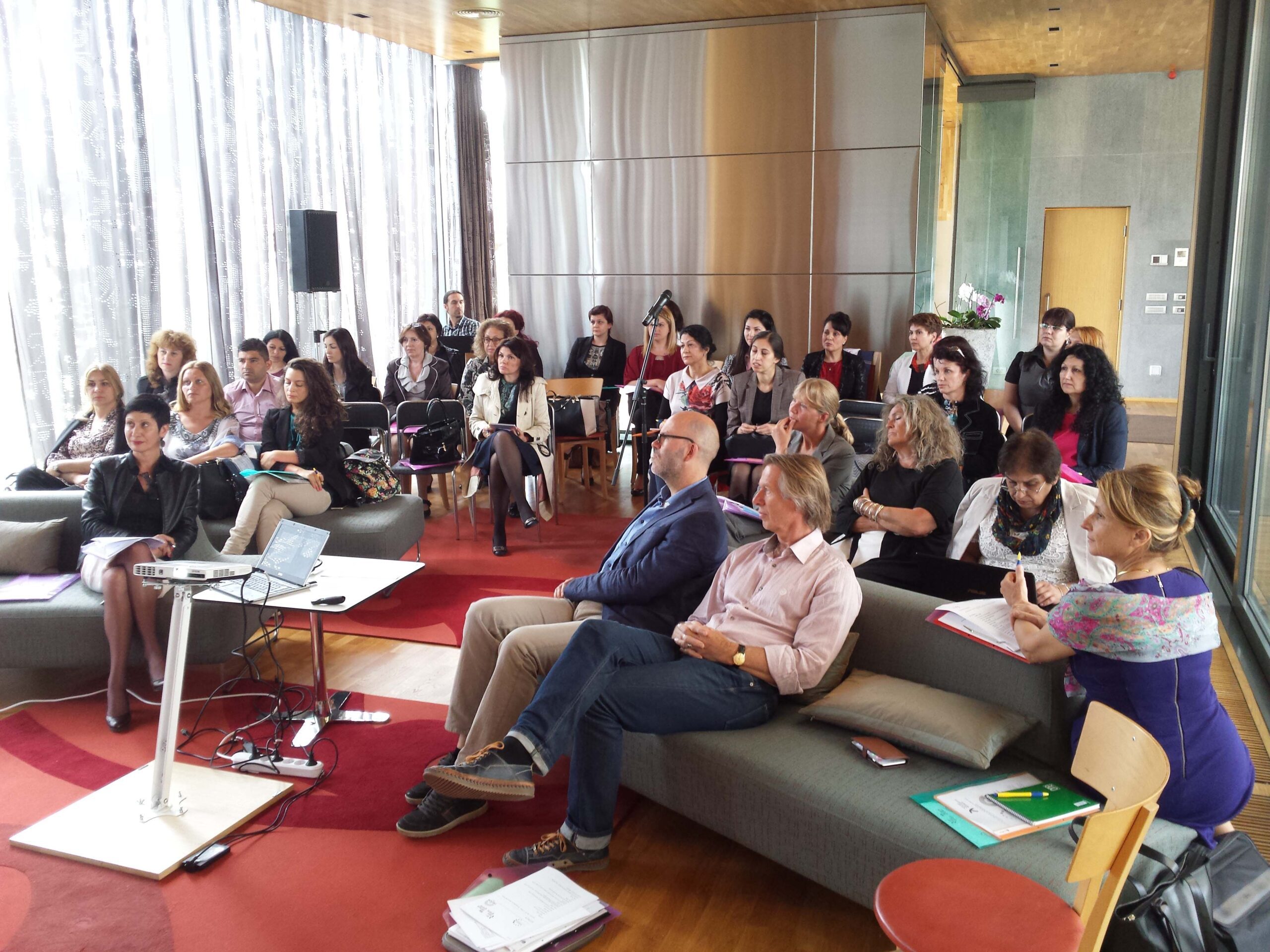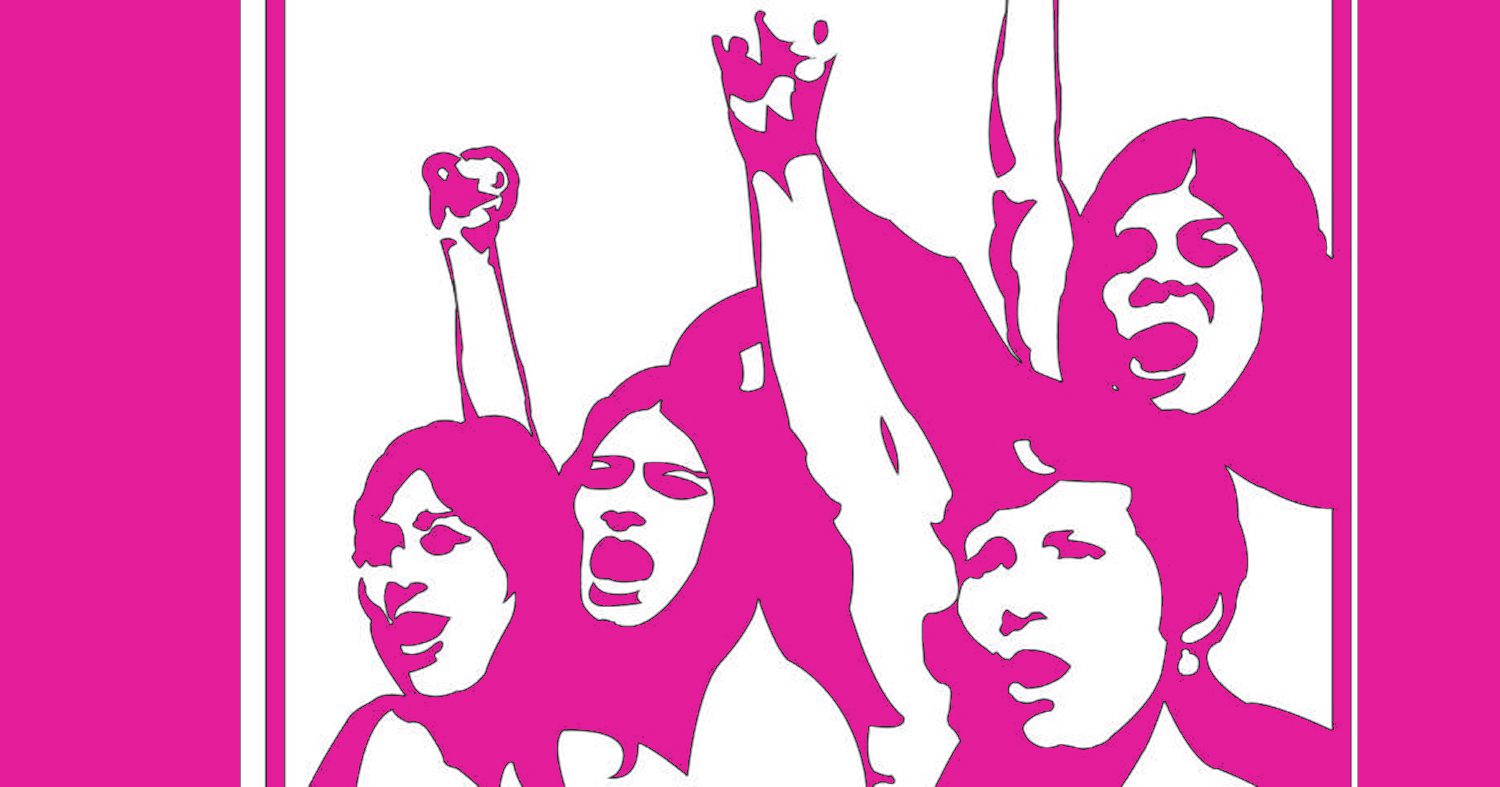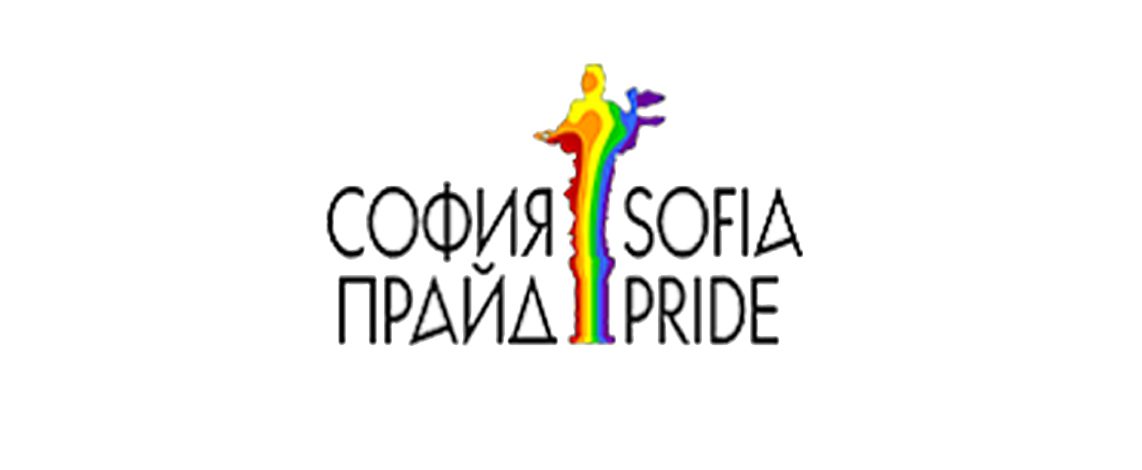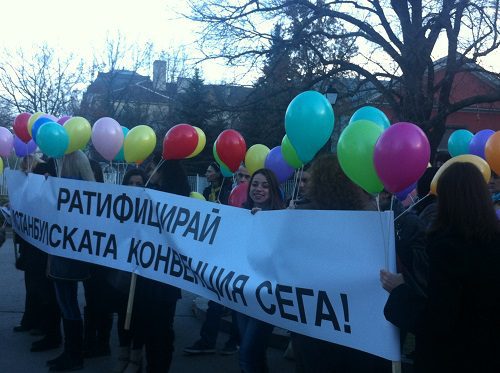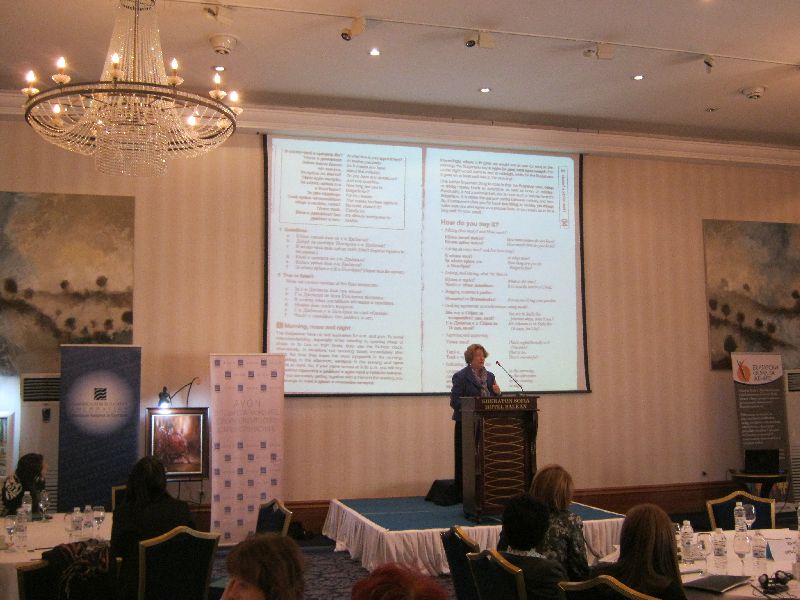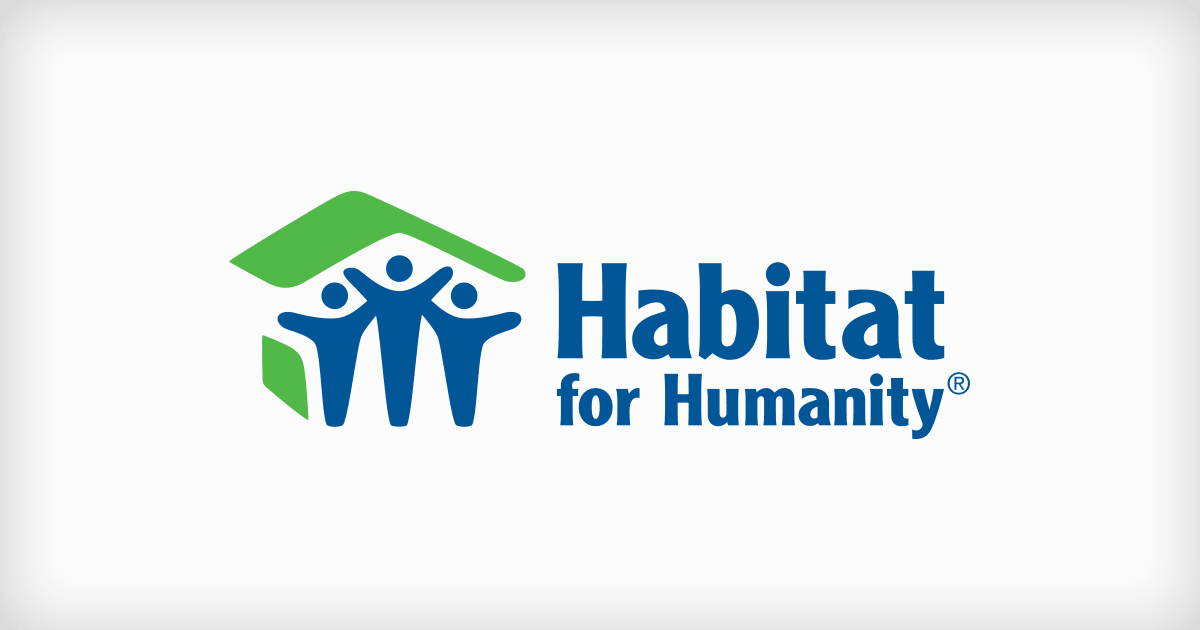There is a need in Bulgaria for political and cultural change in the attitude towards minority groups, as well as for enhanced legal protection against discrimination and hate crimes. There is also rise of violence against women in the country. These are some of the conclusions in the report on Bulgaria by Council of Europe Commissioner for Human Rights- Dunja Mijatović.
Alongside with her team, she visited our country between November 25 and 29, 2019 and held meetings with Bulgarian authorities, the Ombudsperson, the Chairman and members of the Commission for Protection against Discrimination, journalists, human rights activists and other representatives of civil society.
Violence against women and domestic violence
The part of the document, which examines domestic violence, draws attention to the fact that in Bulgaria there is no mechanism for “systematic collection of data on violence against women and domestic violence, which makes it difficult to identify the specific features of these phenomena.”
Mijatović recalls that the ongoing public debate on the ratification of the Istanbul Convention “propagates a series of disinformation about the scope and objectives of the Convention and deep-rooted stereotypes about gender roles in society.” The way in which this type of propaganda works is compared to the one that froze the adoption of the Social Services Act in early 2020 and the National Strategy for the Child before that.
Commissioner Mijatović has expressed her concern that the debate over the Istanbul Convention has escalated into alarming trends that pose a serious threat to the rights of women, children and LGBTI people. “The ongoing attacks on NGOs, the government’s withdrawal of the Child Protection Strategy and the postponement of the entry into force of the new Social Services Act are among the sorrow examples of these trends,” she said. The authorities need to change the course. They need to combat harmful narratives, improve legislation and raise public awareness of the need for greater protection for victims of violence against women and domestic violence. Particular attention should be paid to promoting equality between women and man,” the Commissioner added.
Another issue of concern is that services for victims of domestic violence are insufficient and do not adequately cover all regions in Bulgaria. The Commissioner therefore called on the authorities to increase the number of crisis centers and other social services needed by victims of domestic violence. In addition, she recommends a set of measures to support the authorities’ efforts to combat violence against women and domestic violence. “Stronger support is needed for NGOs and human rights defenders working in this field, and systematic data collection on all forms of gender-based violence against women. The authorities must impose restraining sanctions on perpetrators, guarantee victims access to free legal aid and easily accessible protection measures, and provide them with effective protection. “
Racism, discrimination and hate speech
In the report, Mijatović notes “with concern” the widespread intolerance demonstrated against minority groups in Bulgaria, particularly affecting the Roma; Muslims; migrants and asylum seekers; persons self-identifying as ethnic Macedonians; and lesbian, gay, bisexual, trans and intersex (LGBTI) people. “
According to the conclusion, this attitude is also expressed in the predominant negative media coverage of minorities, who are often associated with crime or presented as dangerous. It is also mentioned that similar statements have been made by “high-ranking officials”.
The document draws attention to growing hostility, including hate crimes against members of minorities and their communities. Concerns have also been expressed about the increase in extremist manifestations such as the desecration of Holocaust memorials, racist slogans and verbal harassment by Bulgarian football fans and others. The ban on the “Lukov March” in Sofia is considered as a good step.
The report therefore recommends that the authorities demonstrate “zero tolerance” for hate speech. The need to ensure that the authorities’ representatives and the judiciary are “adequately and systematically trained to recognize and effectively investigate crimes committed on racist motives” is also highlighted.
Freedom of the media
As in previous reports, the Commissioner considers the main challenges to pluralism and media freedom in Bulgaria. Particular attention is paid to “the concentration of media ownership and the lack of transparency in this regard.”
“It seems that most media in Bulgaria are in the hands of several influential entities that control other businesses or participate in politics,” the Council of Europe said in a statement.
Mijatović is concerned about the large number of signals of “ubiquitous political influence on the media”. Violence and other attacks on journalists were also reported, with defamatory campaigns and intimidation of journalists being a cause for concern. An example is given of the arrest and detention of a reporter from the investigative website “Bivol” together with his colleague from Romania in the autumn of 2018, during a journalistic investigation.
What is more, the fact that Bulgaria has not yet decriminalized insult and slander has also been addressed in the report as a problem. An example is the lawsuit filed by Stoyan Mavrodiev against the weekly newspaper “Capital” and the journalist from the same media Rosen Bossev. The authorities are advised to consider introducing rules aimed at “preventing the acquisition of significant media power by individual actors in the entire national media market or in specific media sectors”. “The commissioner considers it necessary to introduce transparent and non-discriminatory regulation of the way the government distributes state advertising and public funds among the media, together with clear reporting rules for the allocating agencies and the recipients of funding,” the report explained.
You can see the full report here.
Photo: EPA, Patrick Seeger

